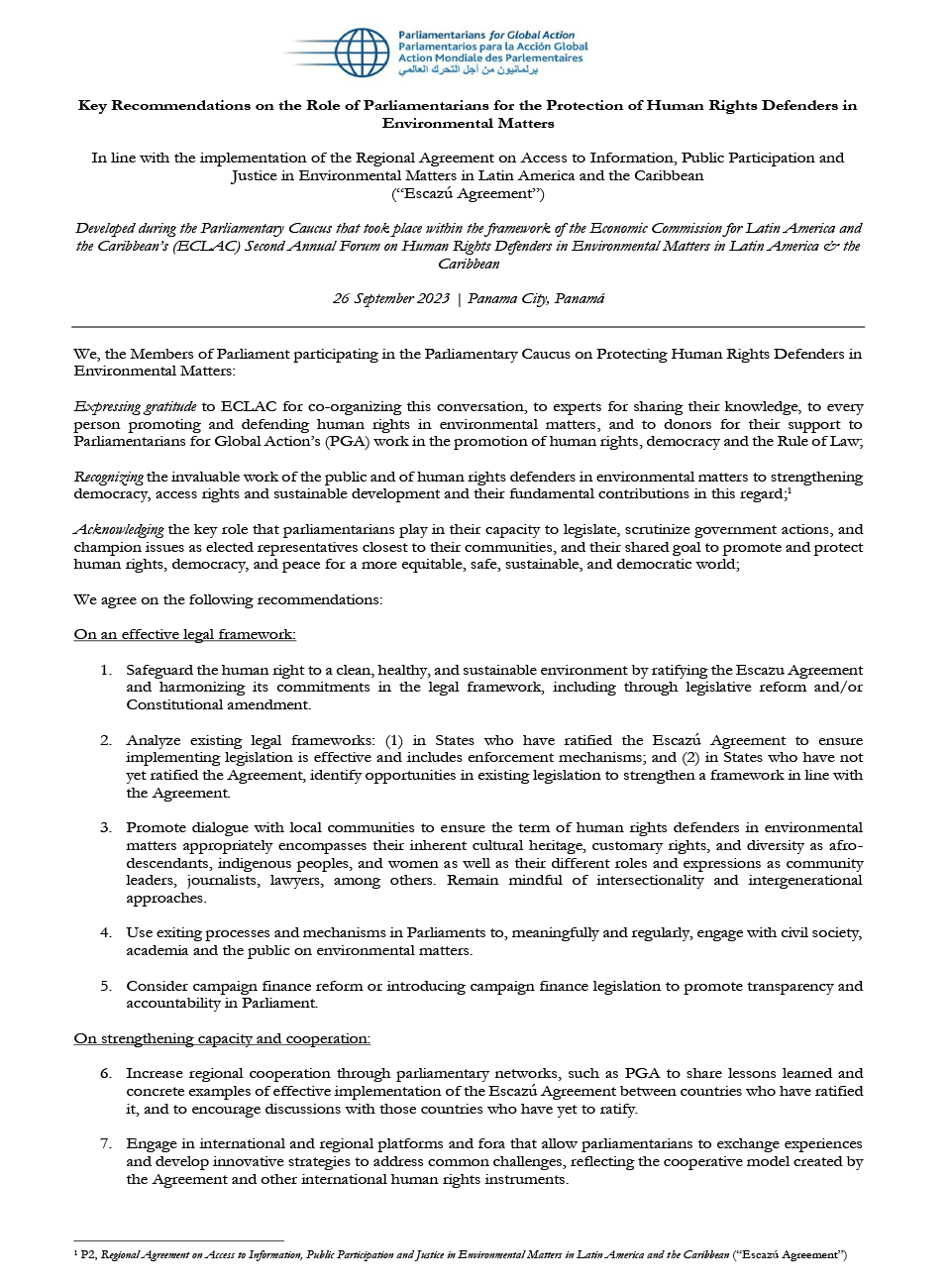
Developed during the Parliamentary Caucus that took place within the framework of the Economic Commission for Latin America and the Caribbean’s (ECLAC) Second Annual Forum on Human Rights Defenders in Environmental Matters in Latin America & the Caribbean

At the conclusion of the 44th Annual Parliamentary Forum, parliamentarians adopted the Victoria Plan of Action to describe commitments and follow up actions.
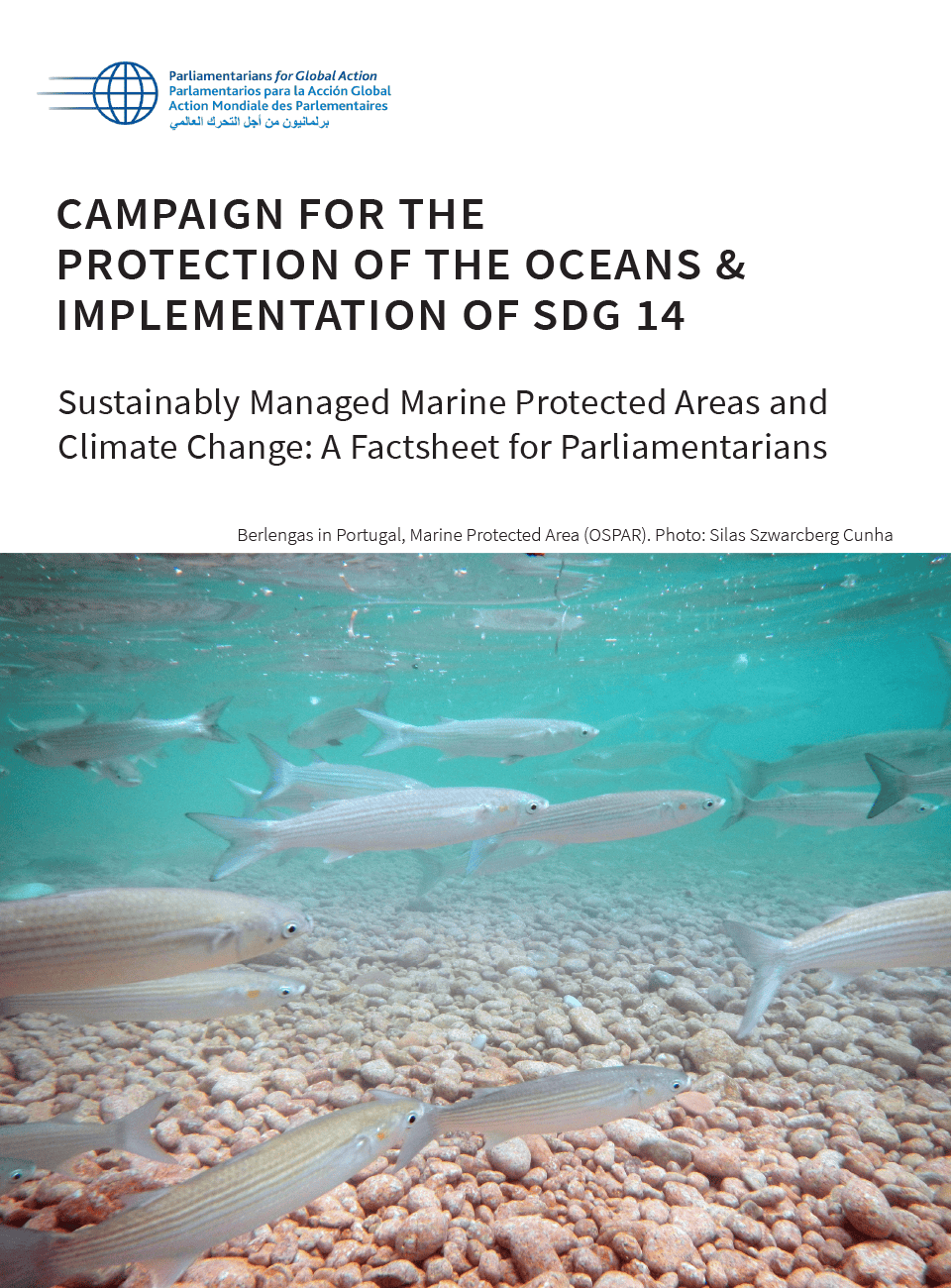
Currently, MPAs account for only 7.92 percent of the ocean, though at least 30 percent is needed to build the resilience of ocean life to sufficiently adapt to climate change and buffer it from other threats.
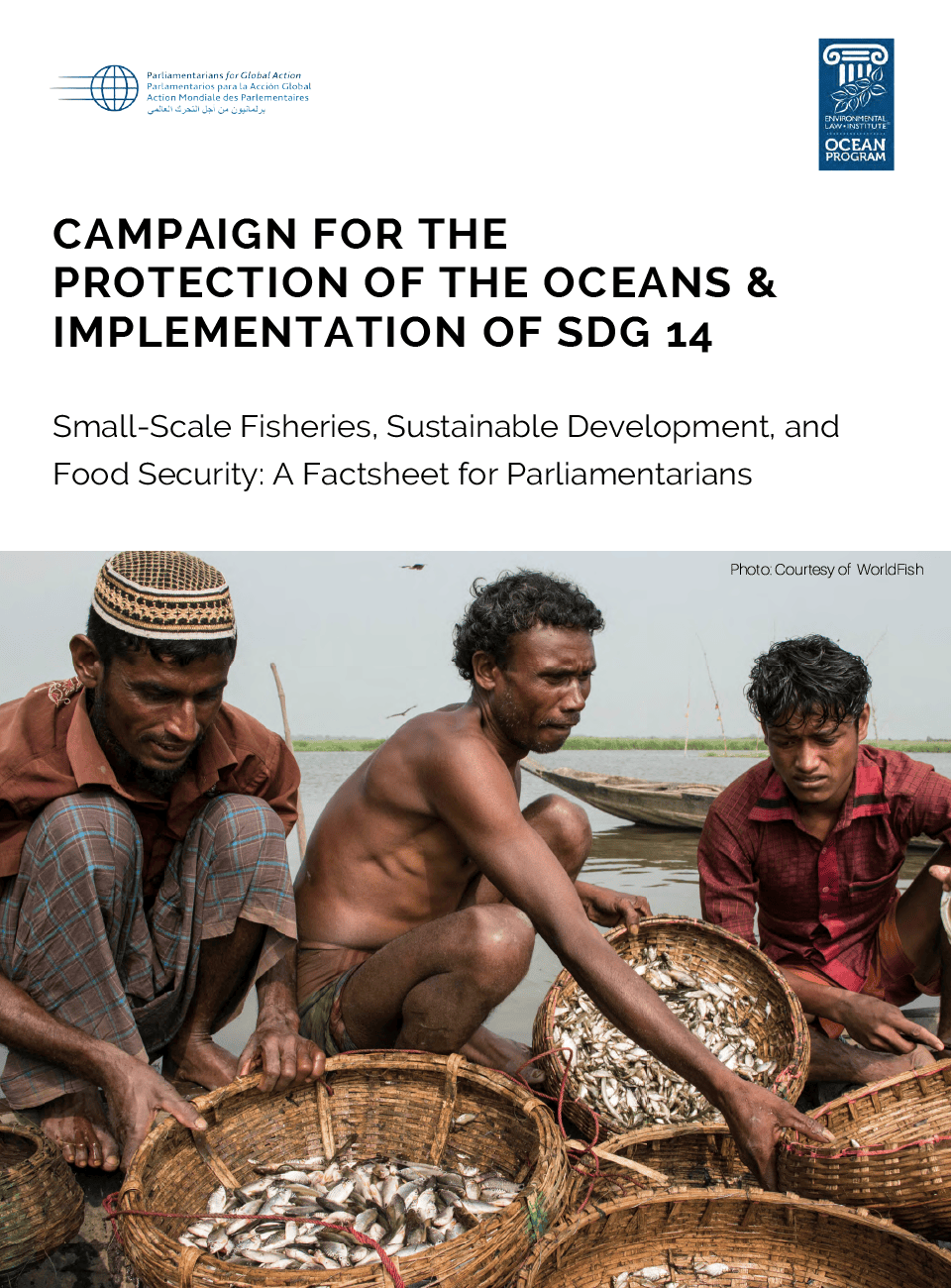
Small-scale fisheries (SFF) account for more than 90 percent of the world's capture fishers and fish workers and supply approximately 50 percent of all global fish catches.
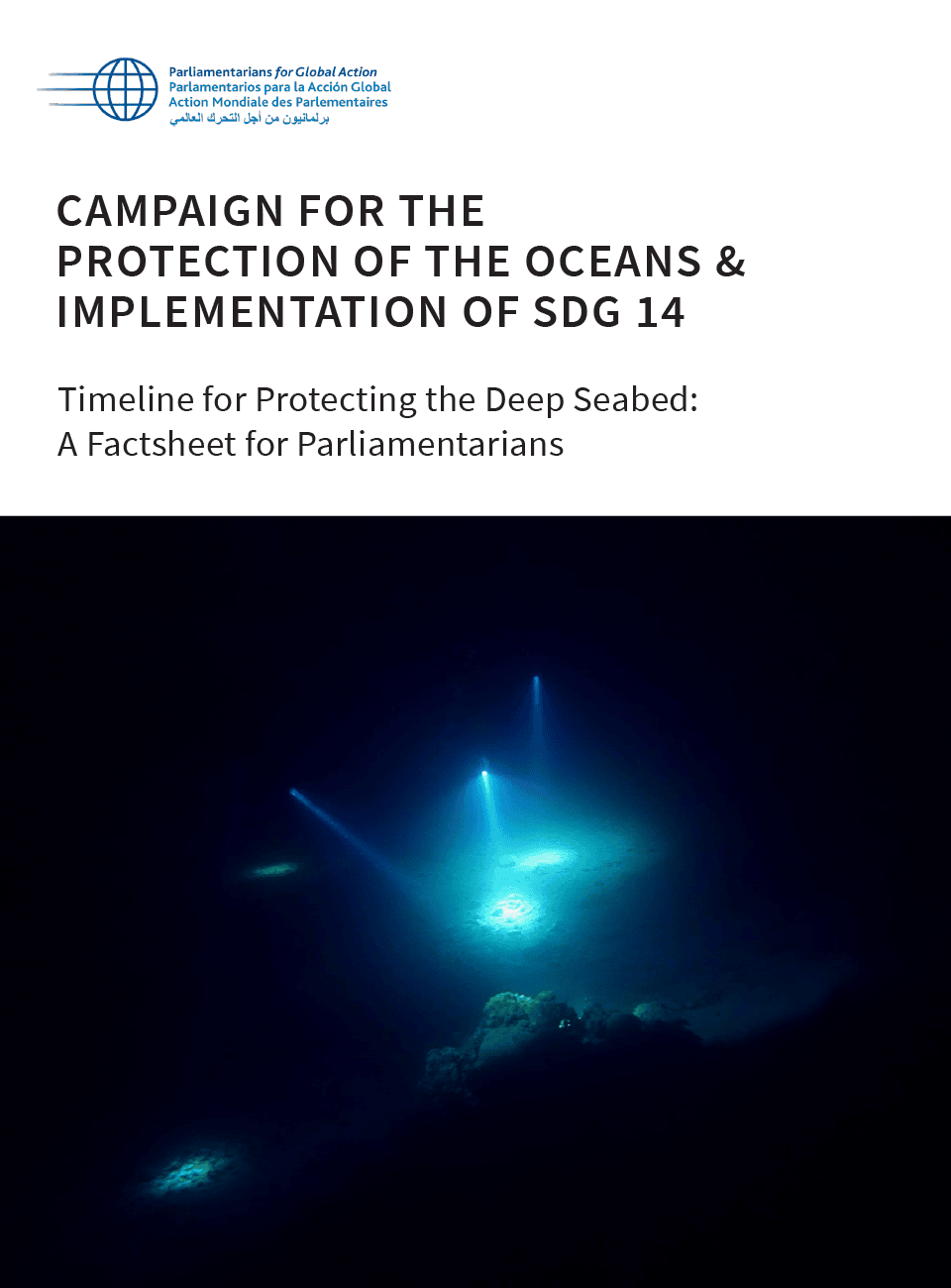
The International Seabed Authority (ISA) has initiated negotiations to develop regulations for deep seabed mining (DSM) exploitation and is attempting to adopt them by July 2023.
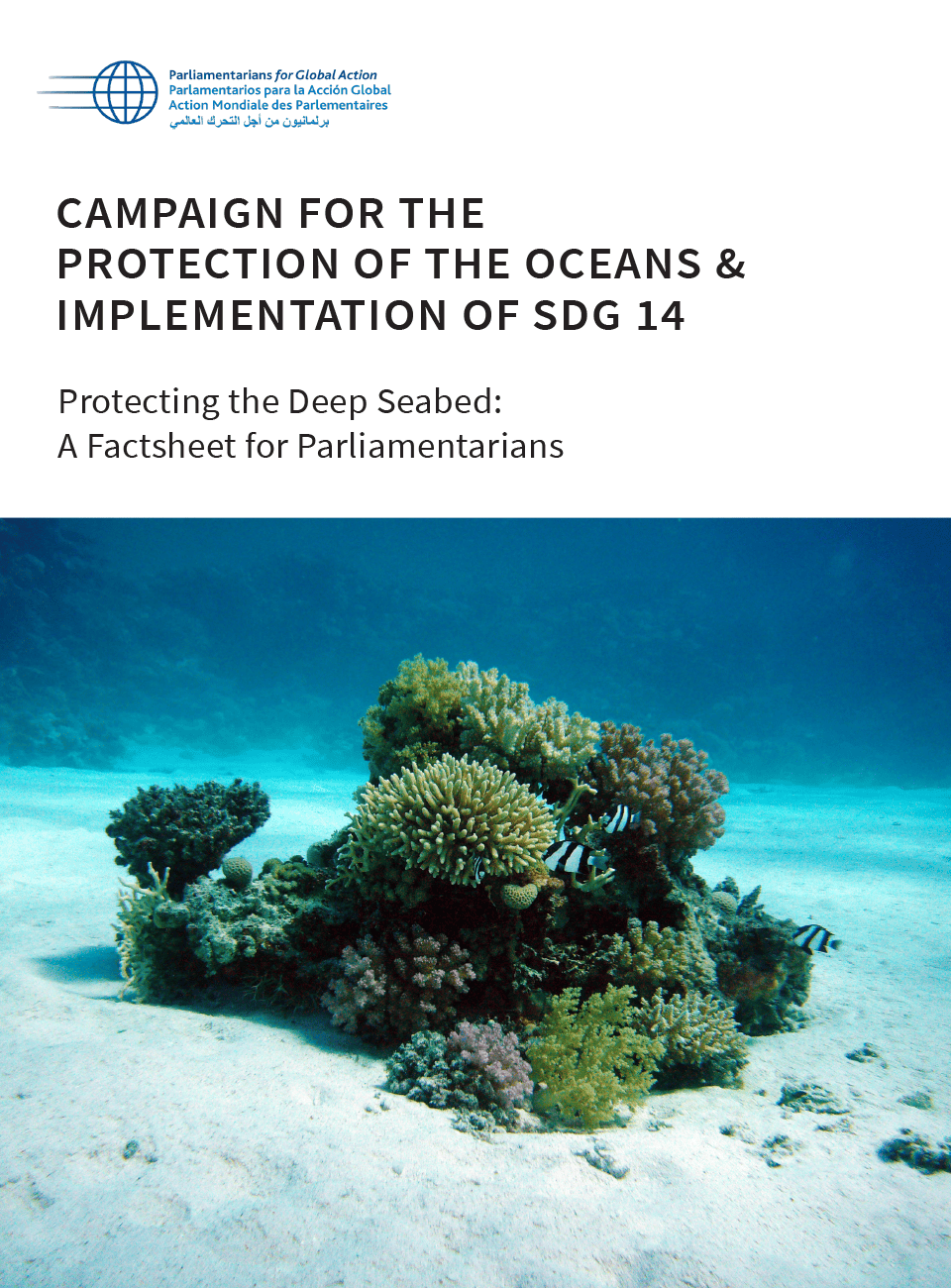
The scientific community, civil society, fishing industry, and politicians have raised concerns that the risks associated with further damaging the deep-sea outweigh any potential net benefits for humankind.
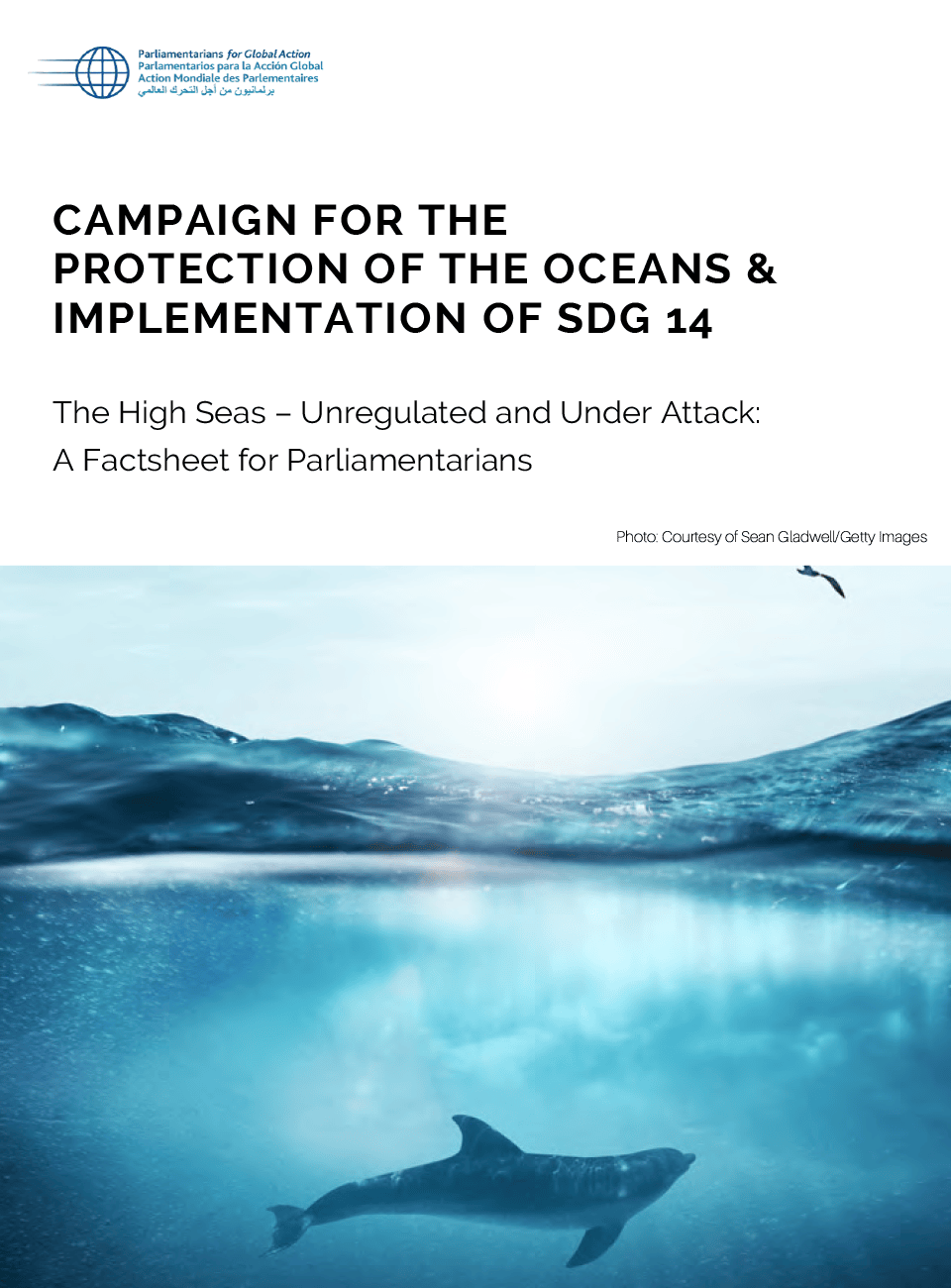
Urgent action is needed to improve fisheries management in the open ocean, and to strengthen protection of related ecosystems to prevent devastating impacts on marine biodiversity, socio-economic well-being and food security for millions of people.
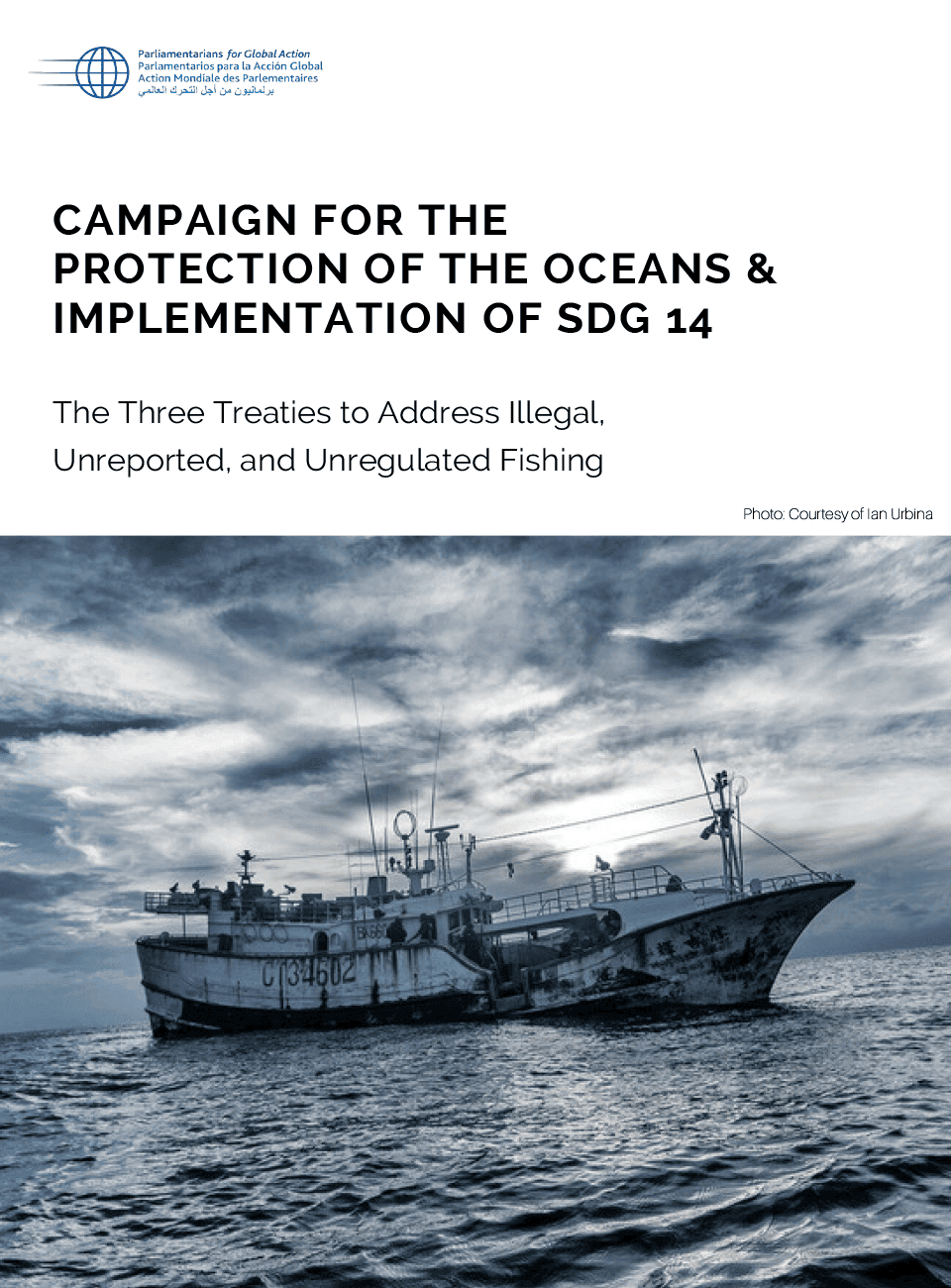
The FAO, ILO, and IMO have collectively recognized the link between safety, labor and IUU issues, and the need to be addressed together in order to be effective.
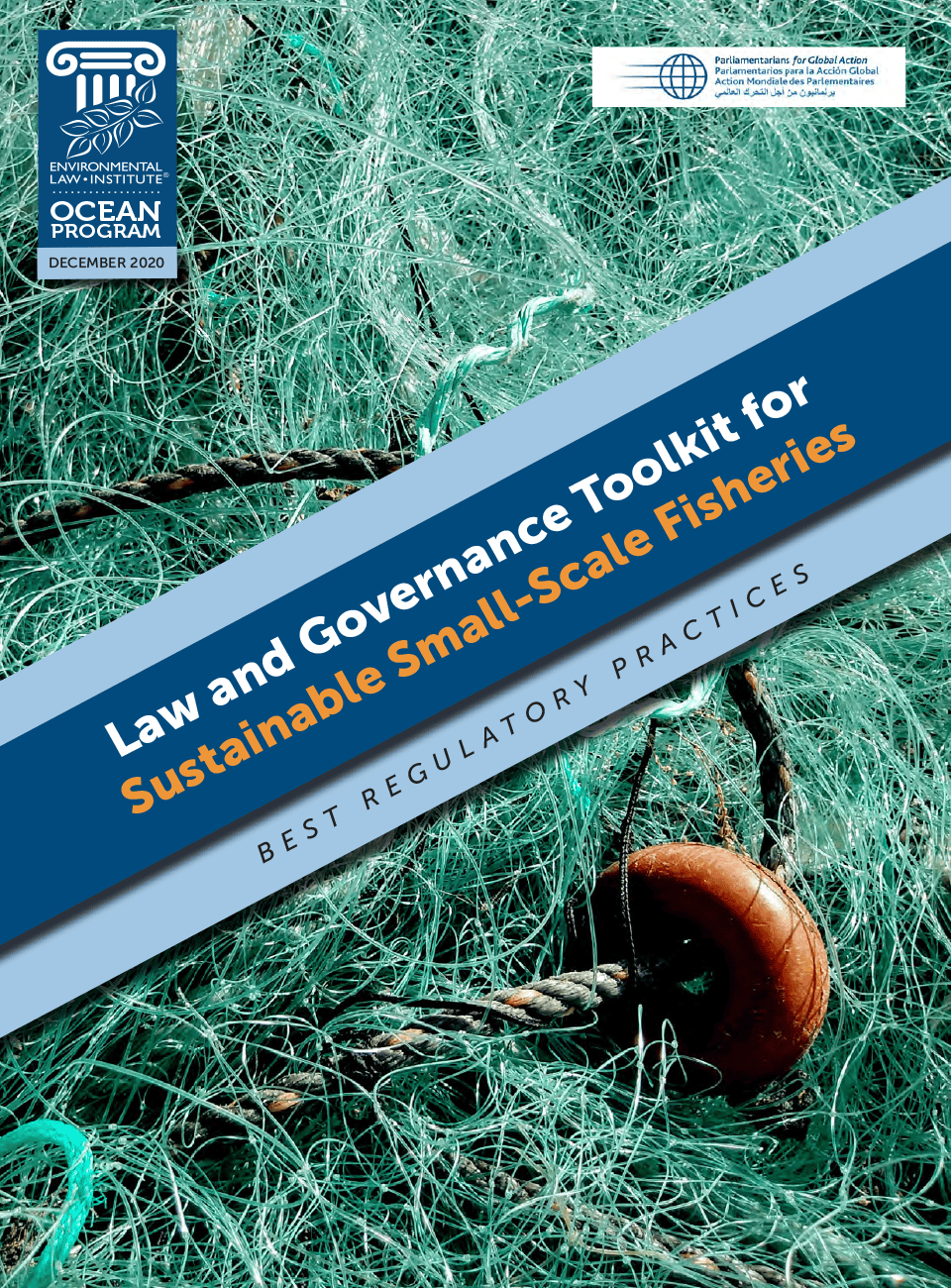
This Toolkit presents a methodology for assessing the reform needs to strengthen SSF governance, along with examples of model regulatory language for the core governance elements.
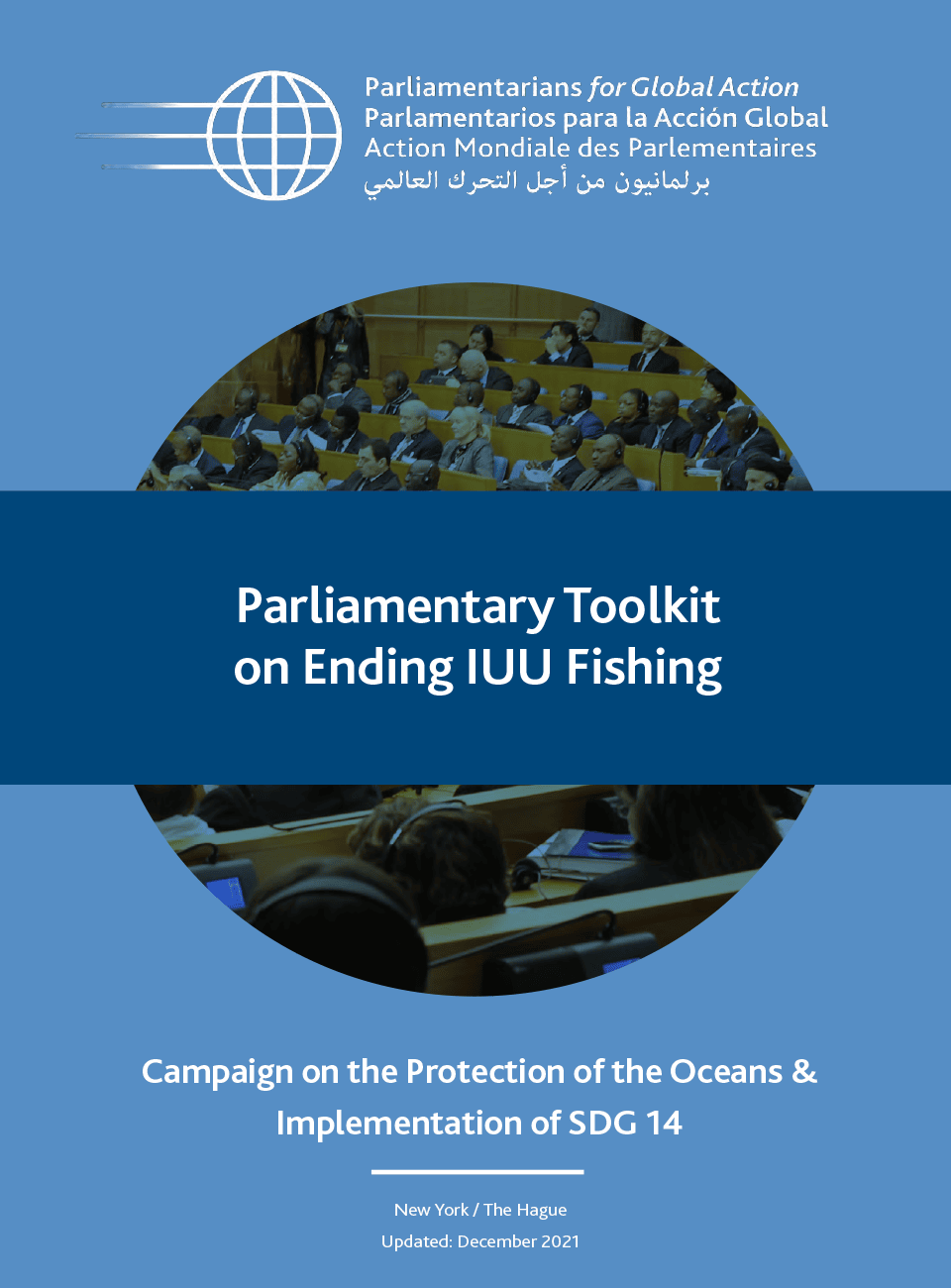
This Parliamentary Toolkit provides insight into IUU fishing, how it relates to human security, and highlights the role parliamentarians can play in protecting the Oceans and supporting the implementation of SDG 14: Life Below Water
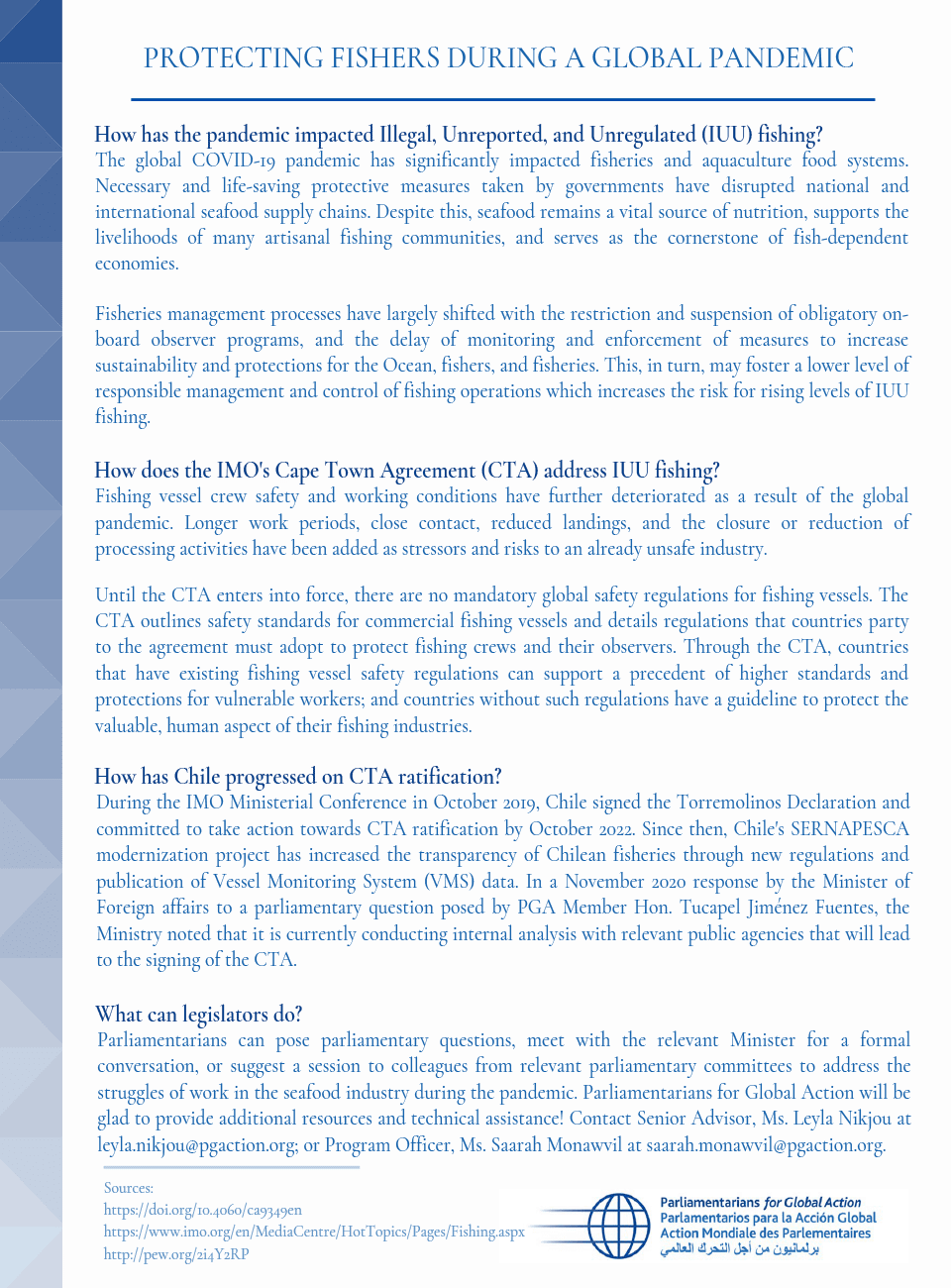
During the first quarter of 2021, Board Member and Convenor of PGA’s Oceans Campaign Hon. Petra Bayr, MP (Austria), circulated 1-pagers on how to best protect fishers during the COVID-19 global pandemic.

The high seas, also referred to as international waters, begin 200 nautical miles from shorelines and belong to all people as the common heritage of humankind.
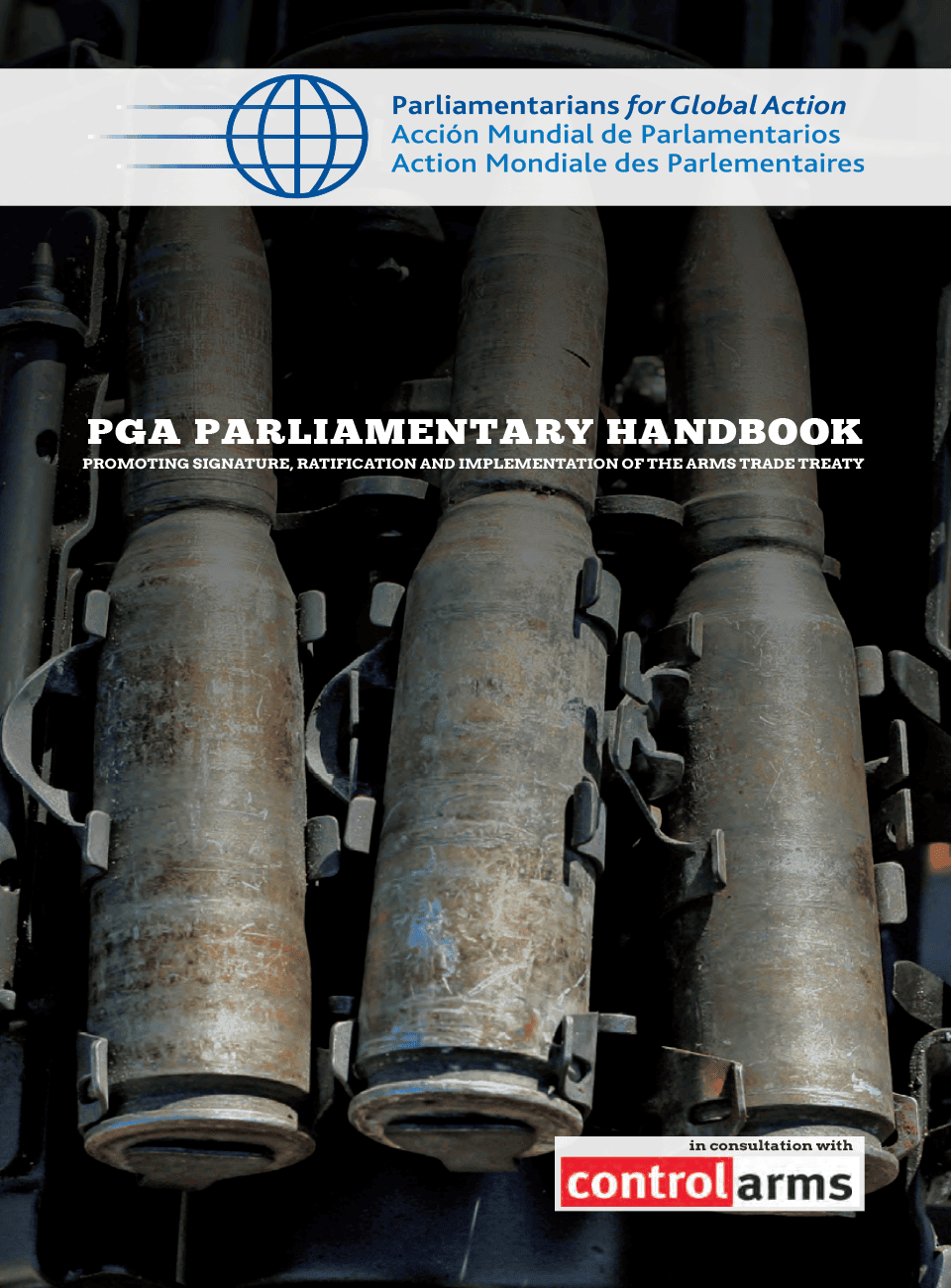
Parliamentarians have a unique and fundamental role to play in promoting signature, ratification and implementation of the Arms Trade Treaty (ATT).
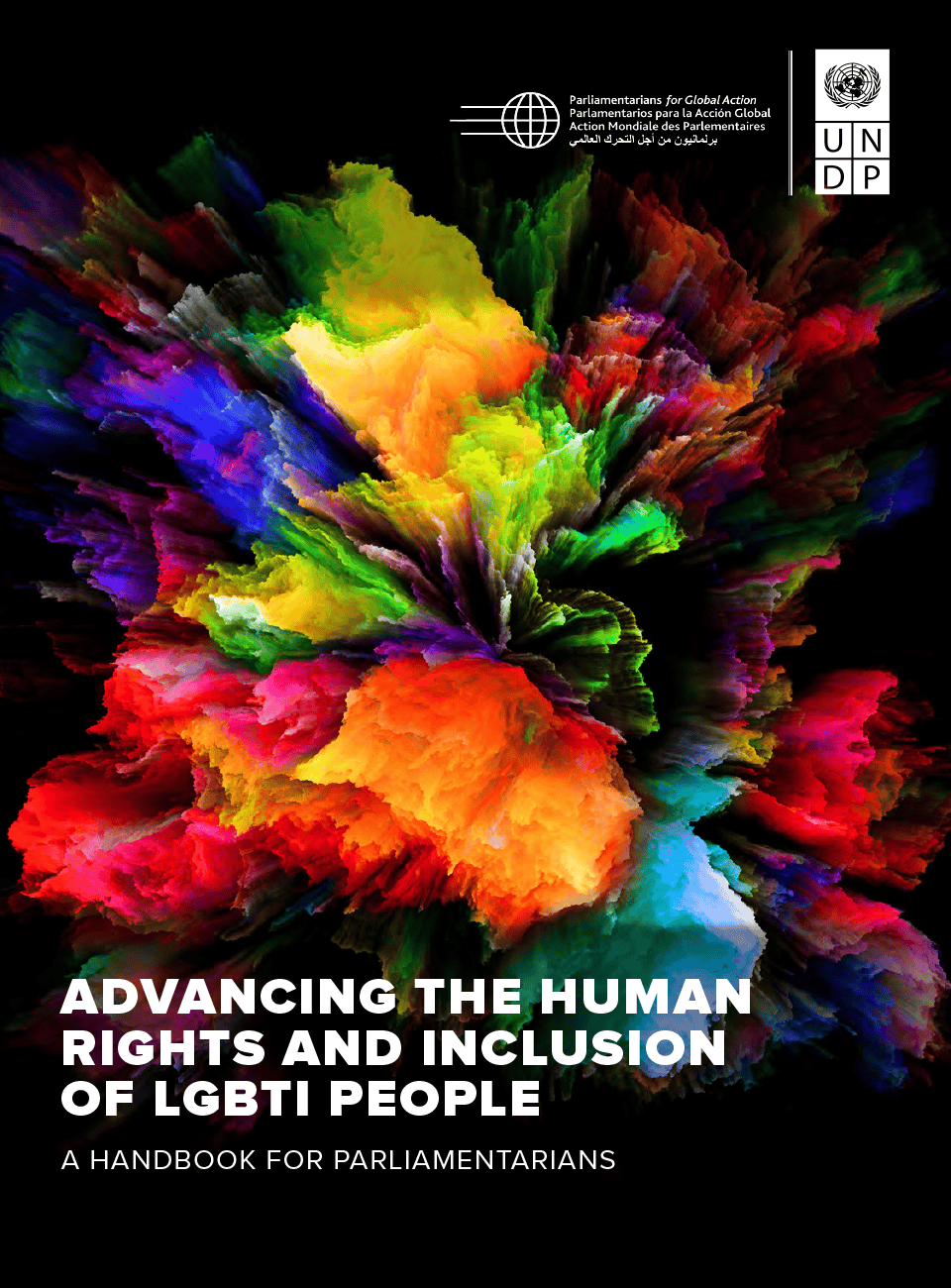
The challenges facing LGBTI people around the world – and their allies working to promote respect for their human rights and inclusion – remain formidable.
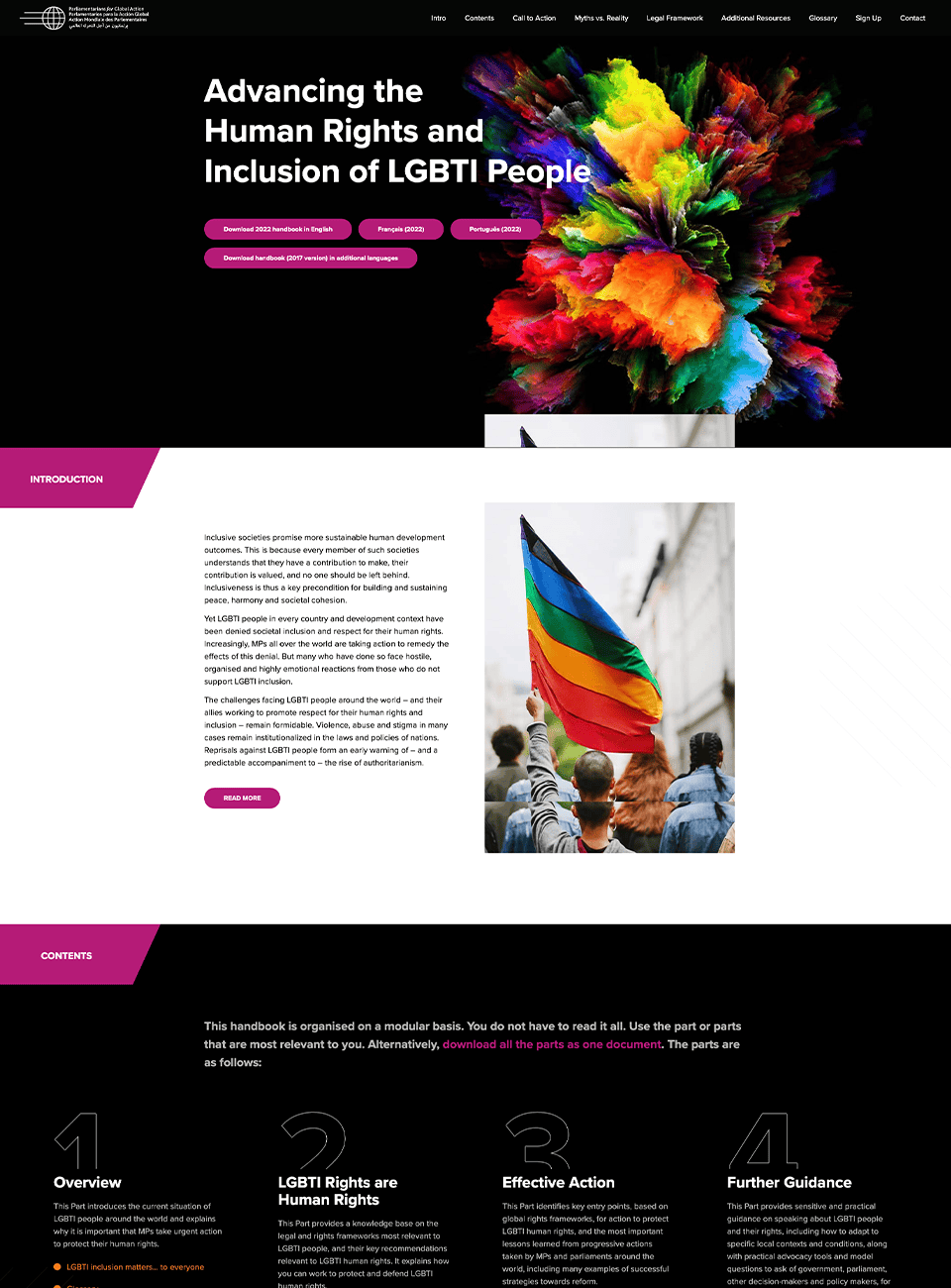
An online resource to better understand the unique role you have as a parliamentarian in ensuring equality and non-discrimination of all individuals regardless of who they are or whom they love.
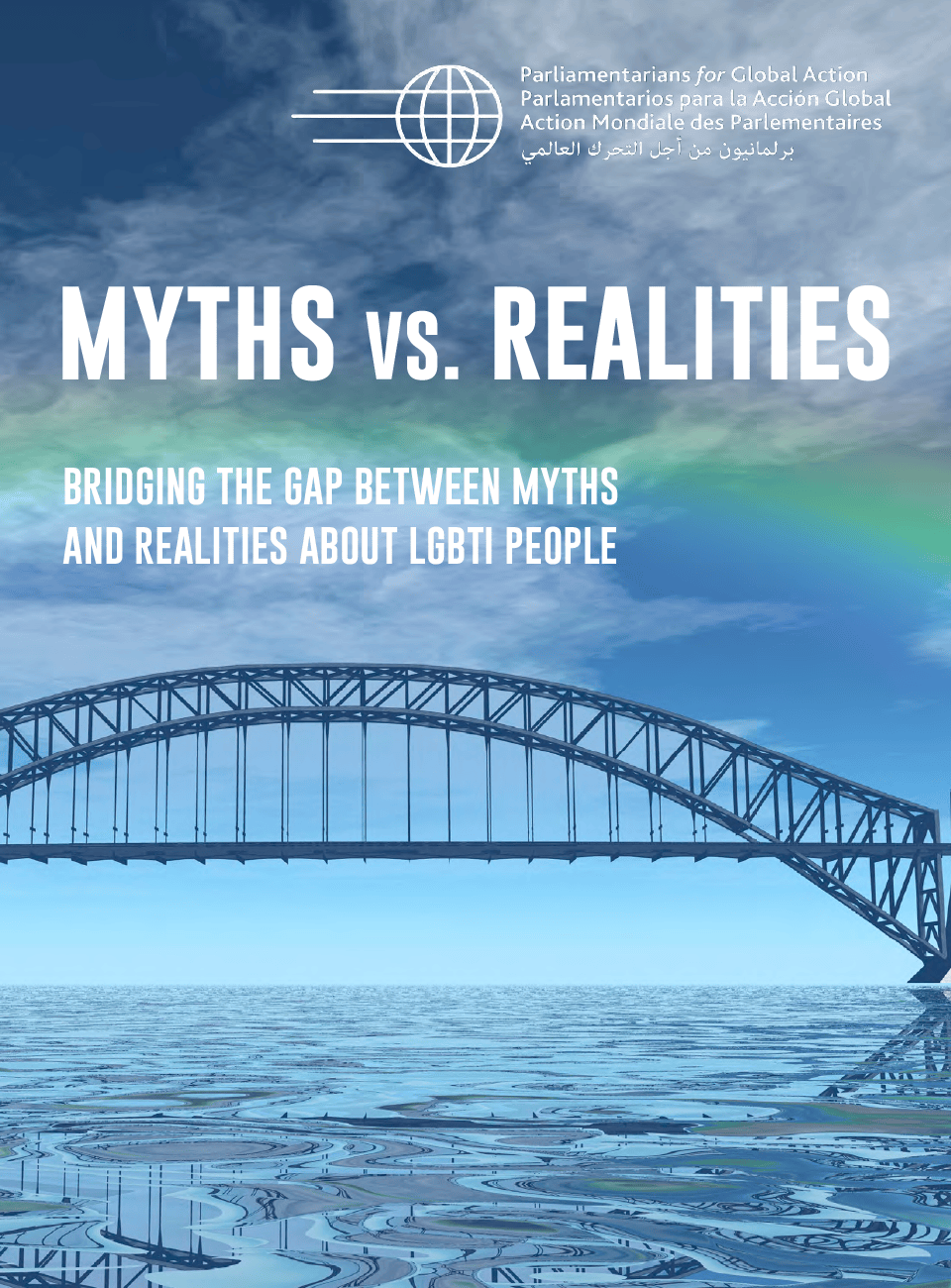
Here are some of the most common myths about LGBTI people and some suggestions on how to respond from a human rights standpoint.
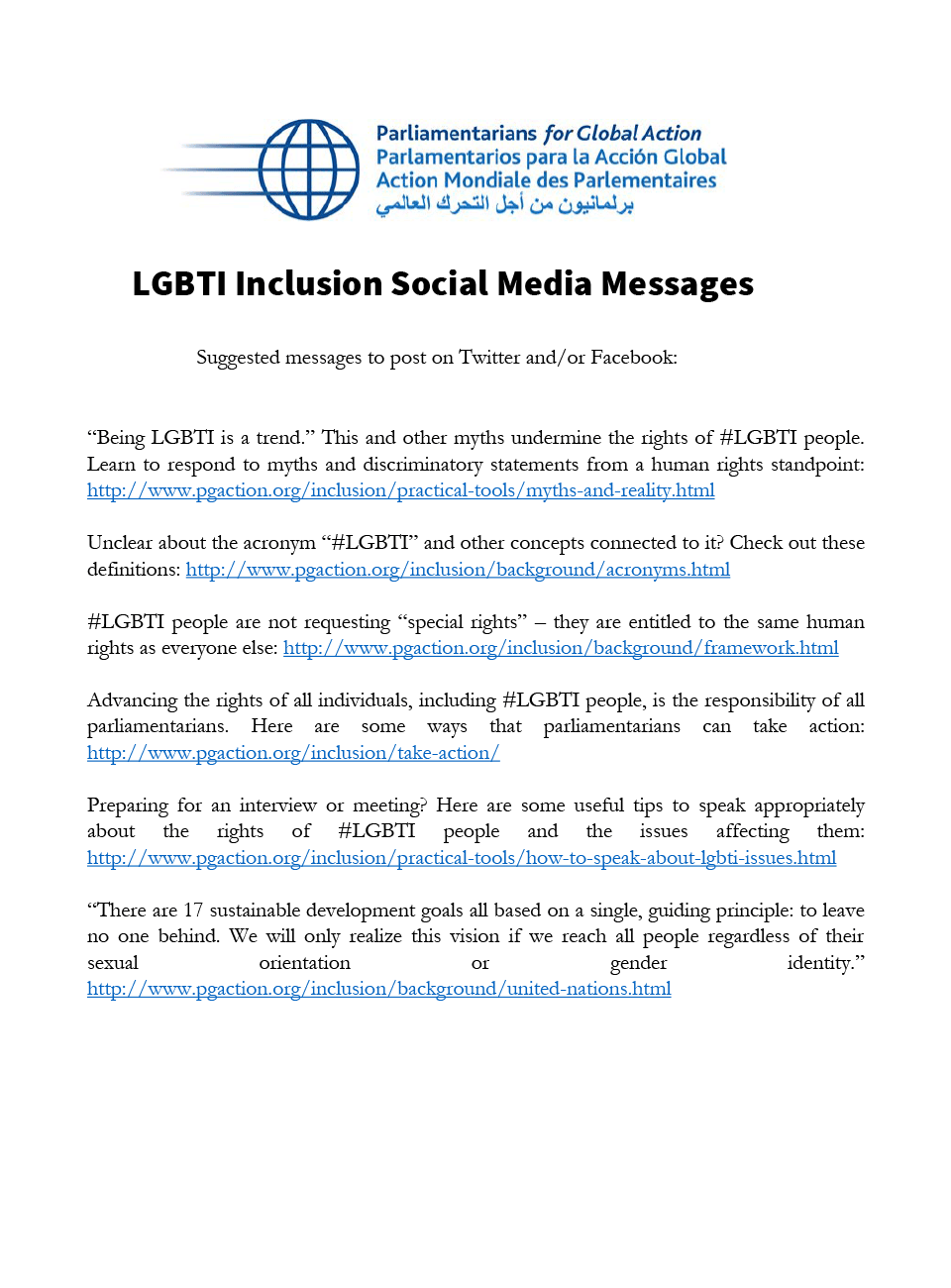
Suggested messages to post on Twitter and/or Facebook

PGA has produced a new package of user-friendly documents to help parliamentarians and other stakeholders understand some of the key issues affecting LGBTI people and to encourage them to spread a message of inclusion on social media.
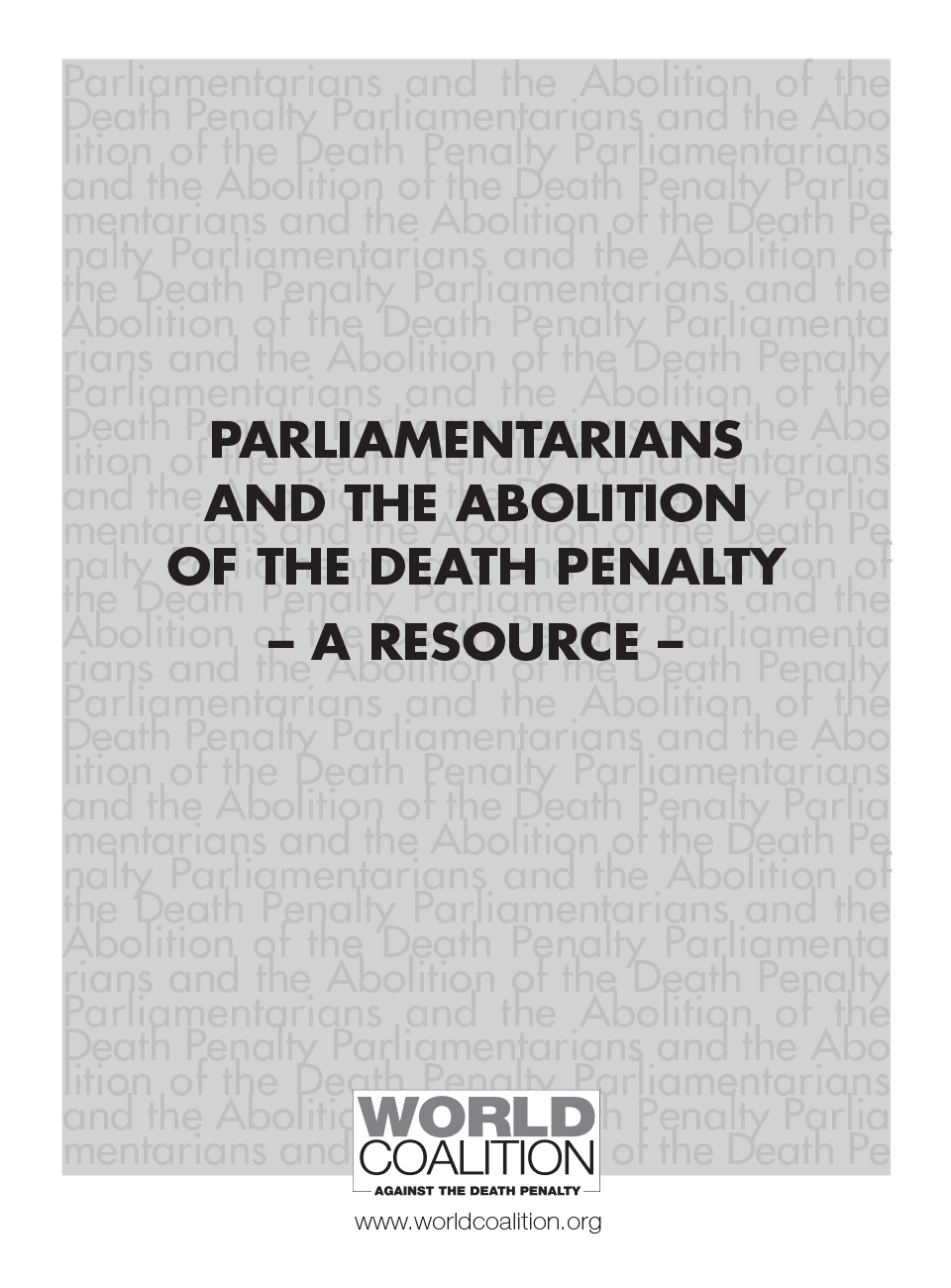
This resource is for parliamentarians around the globe, currently working or thinking of working for the abolition of the death penalty.
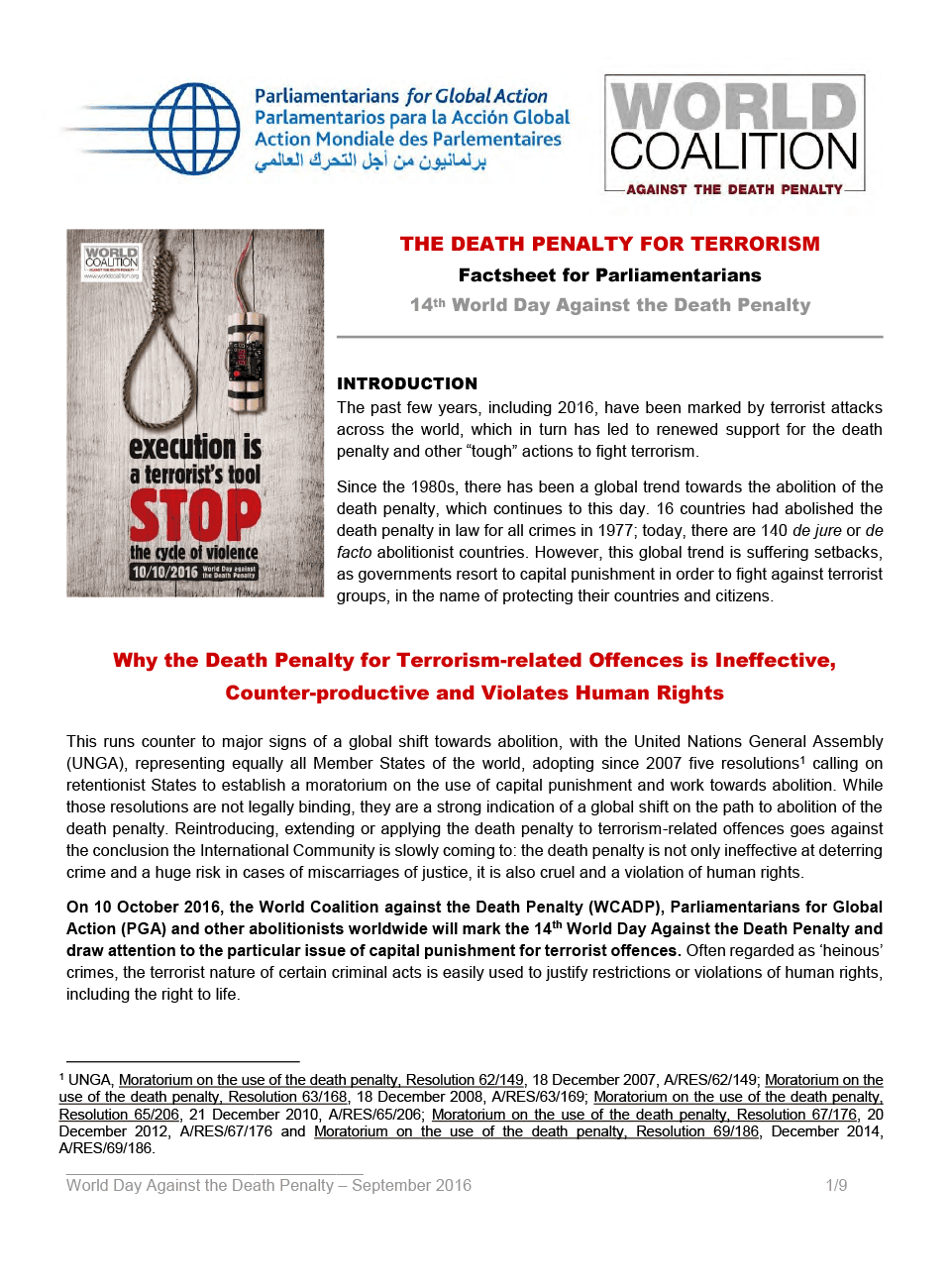
Why the Death Penalty for Terrorism-related Offences is Ineffective, Counter-productive and Violates Human Rights
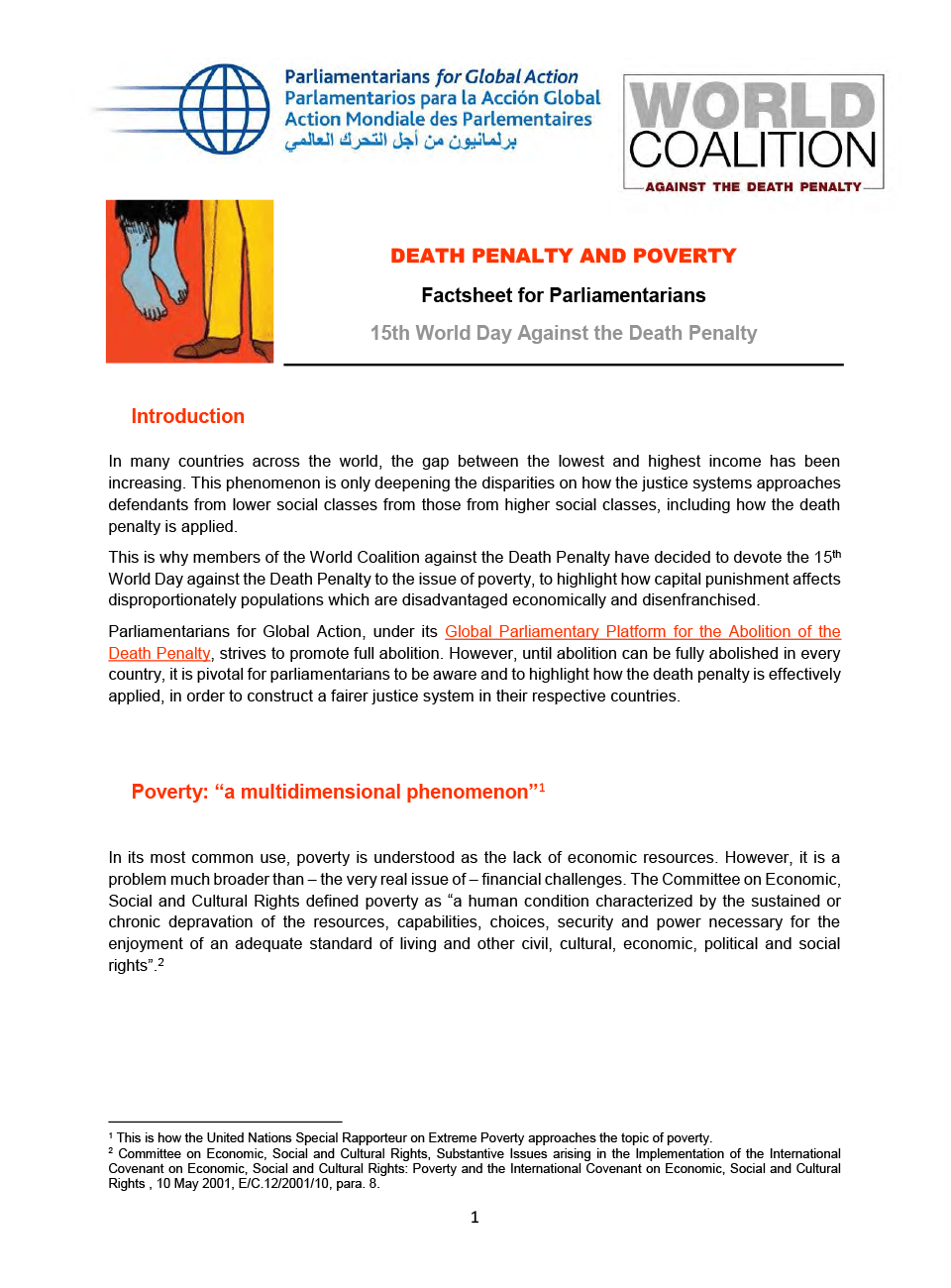
The disproportionate severity of criminal sanctions towards poverty-stricken individuals is a matter of public debate, which should be tackled by parliamentarians, as elected representatives of the people.
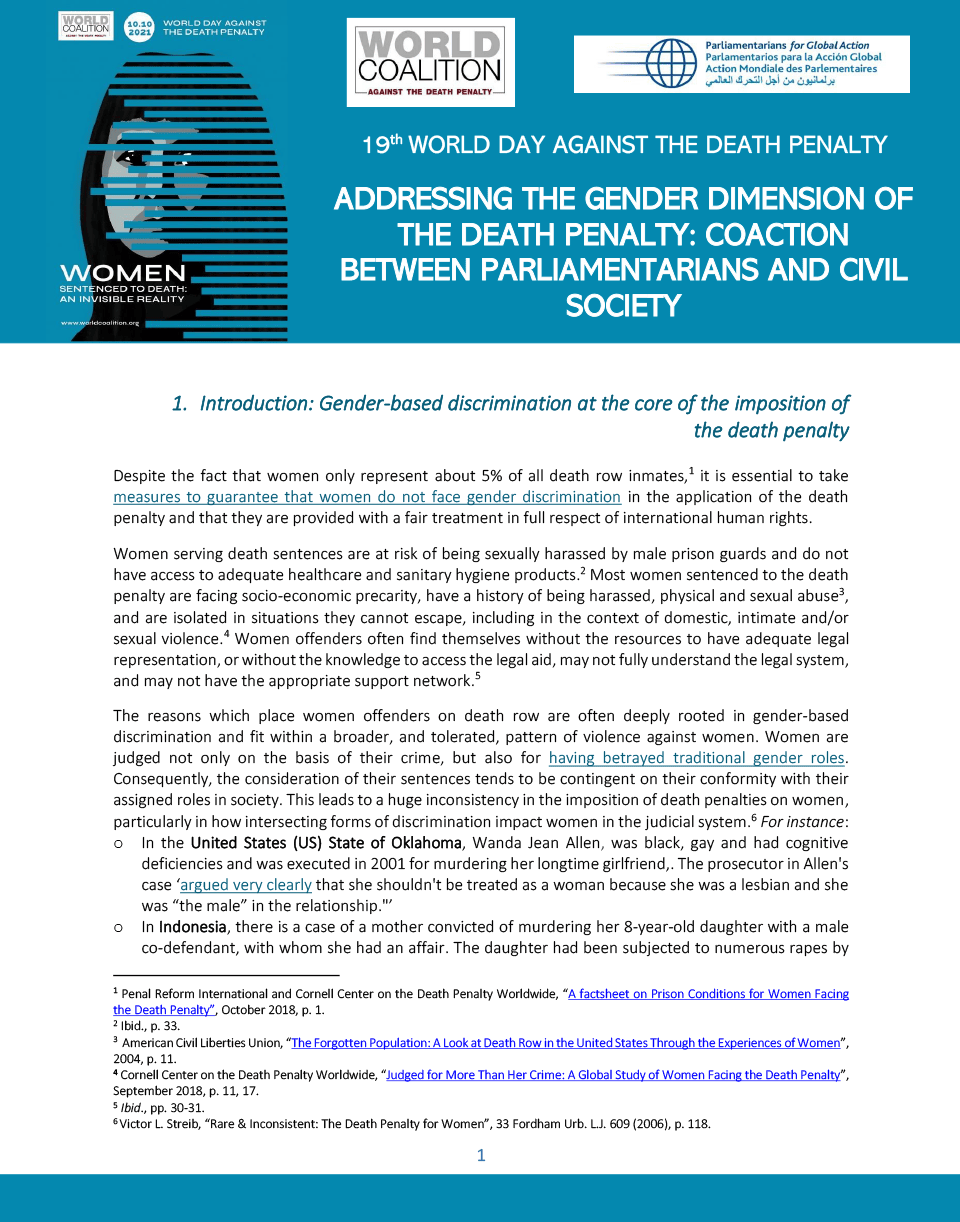
Despite the fact that women only represent about 5% of all death row inmates, it is essential to take measures to guarantee that women do not face gender discrimination in the application of the death penalty.
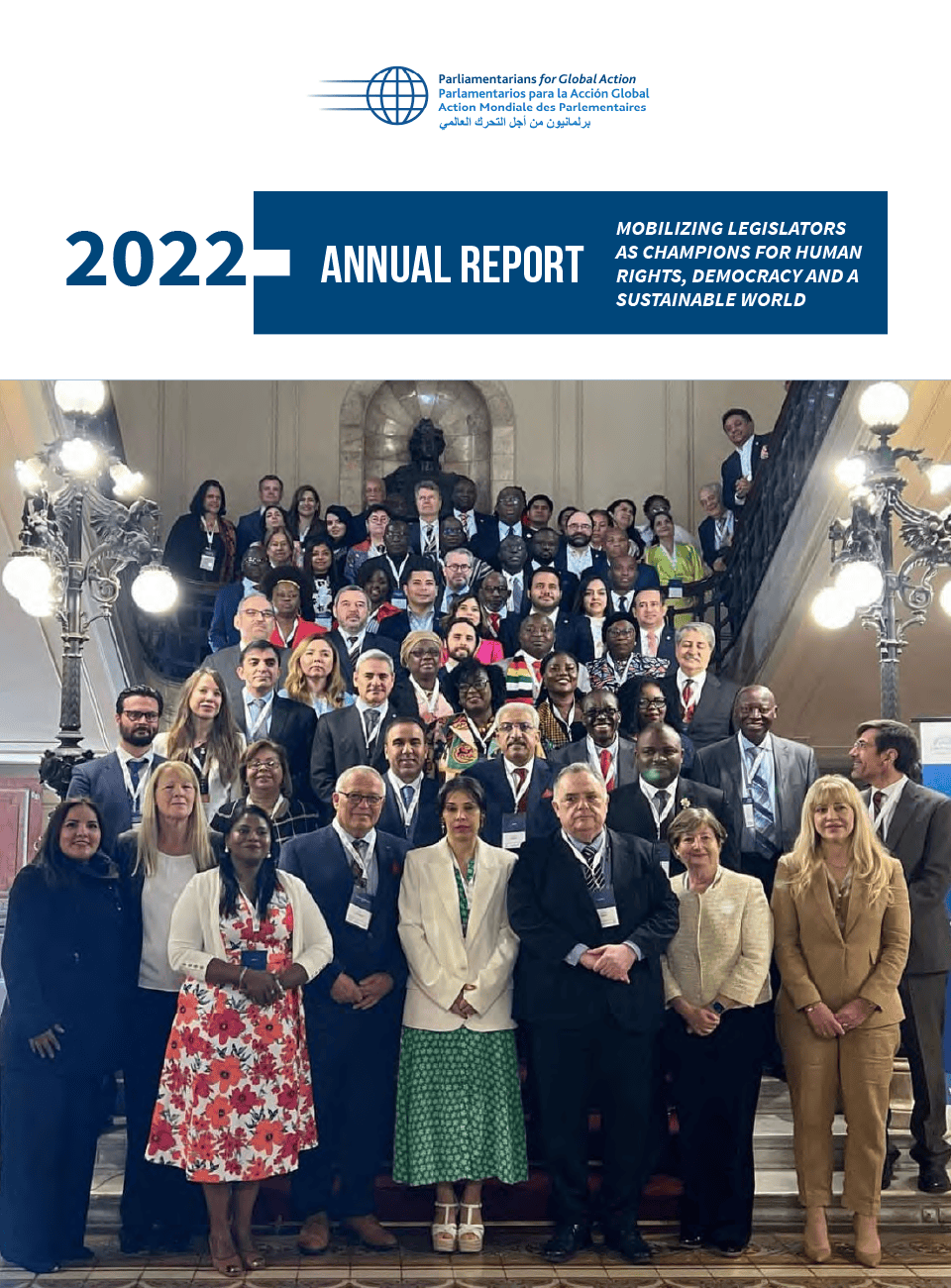
In an increasingly authoritarian global context, PGA’s role as a vital convener among parliamentarians, and between parliamentarians and civil society, has become even more relevant.
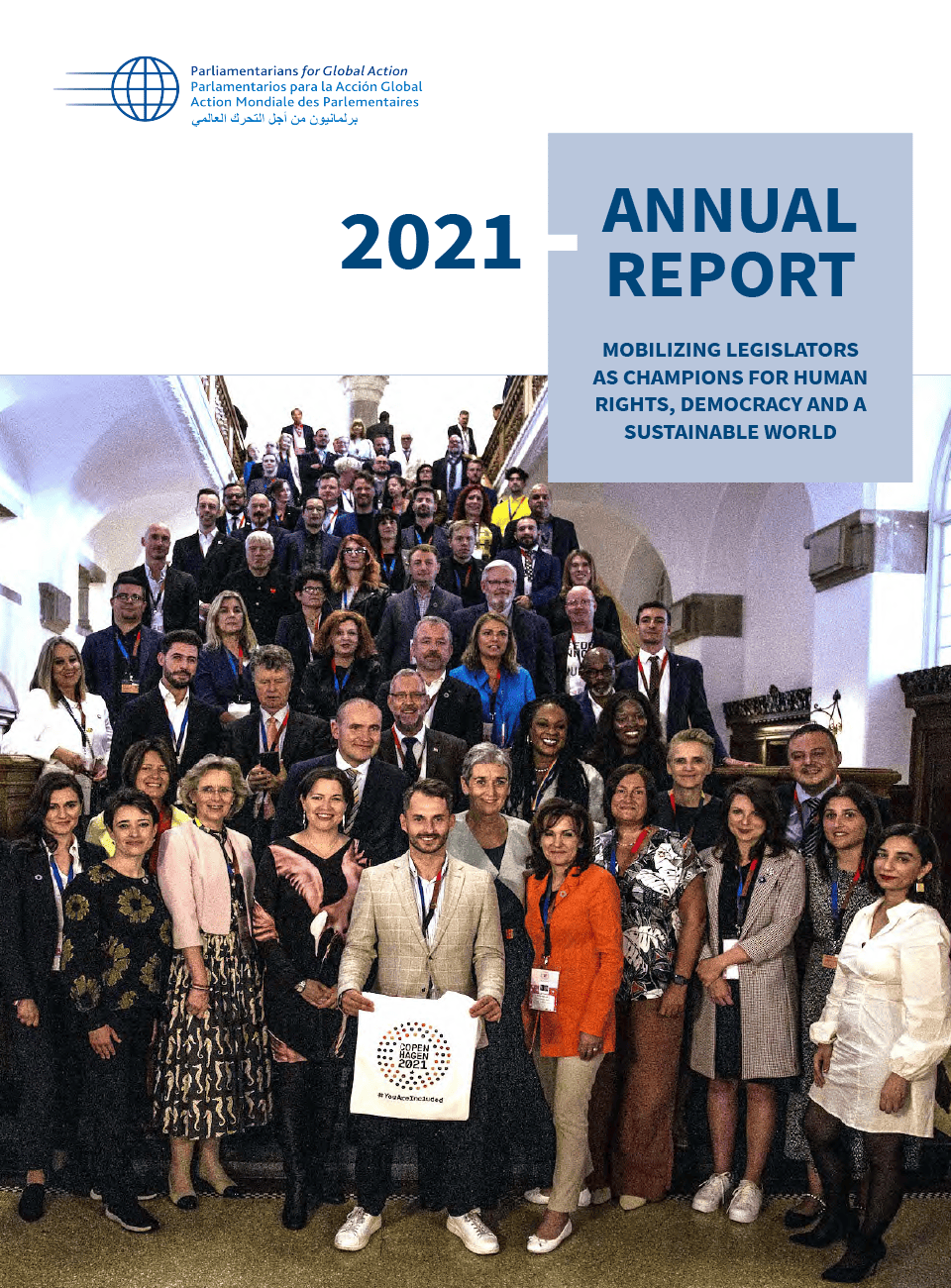
PGA inspires and helps us aspire to be a beacon of hope, protector and defender of human rights, upholding universal values of democracy, freedom, justice, equality and good governance.
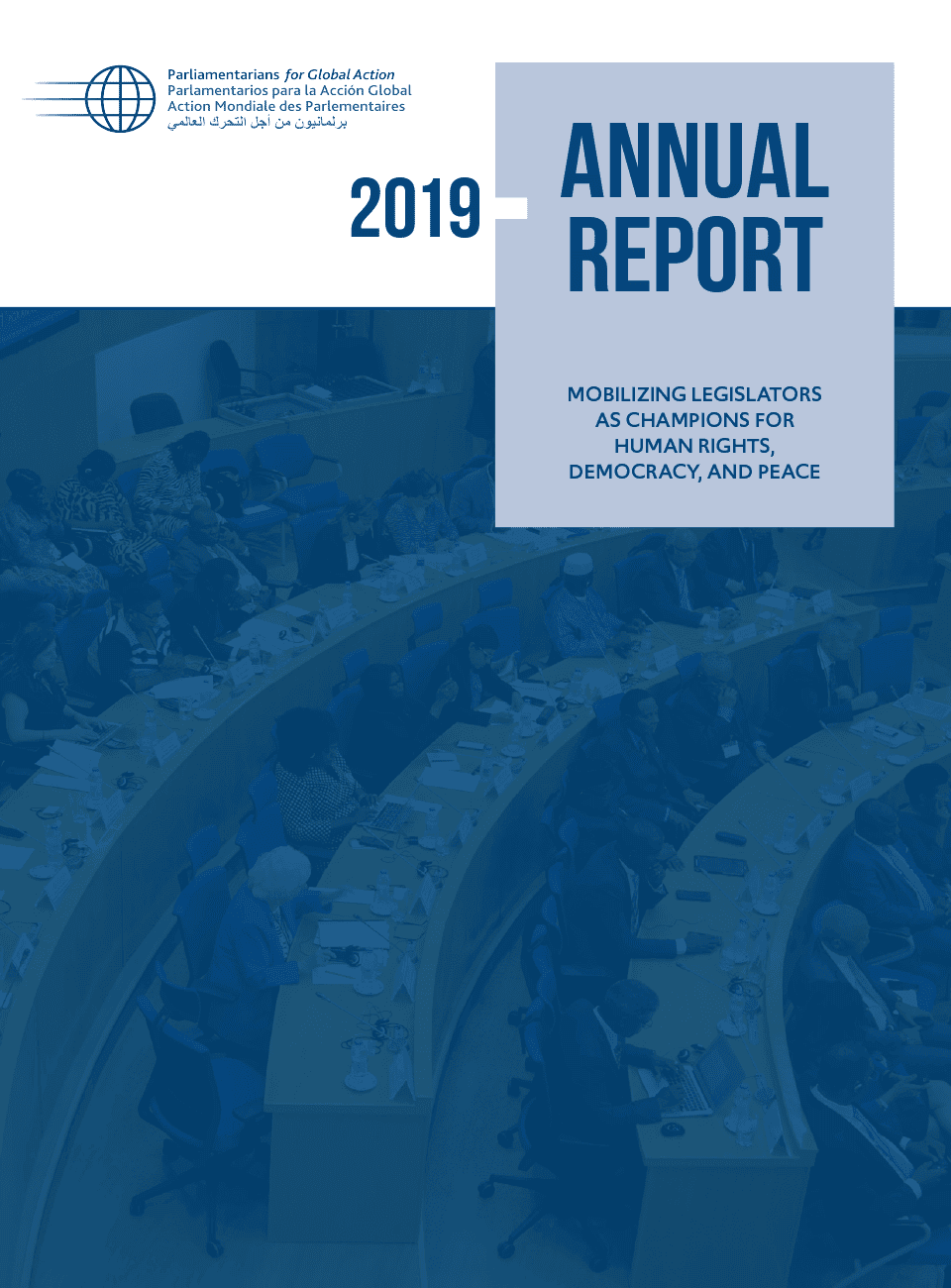
The year 2019 marked the beginning of PGA’s new Strategic Plan (2019-2021), “Mobilizing Legislators as Champions for Human Rights, Democracy and Peace.”
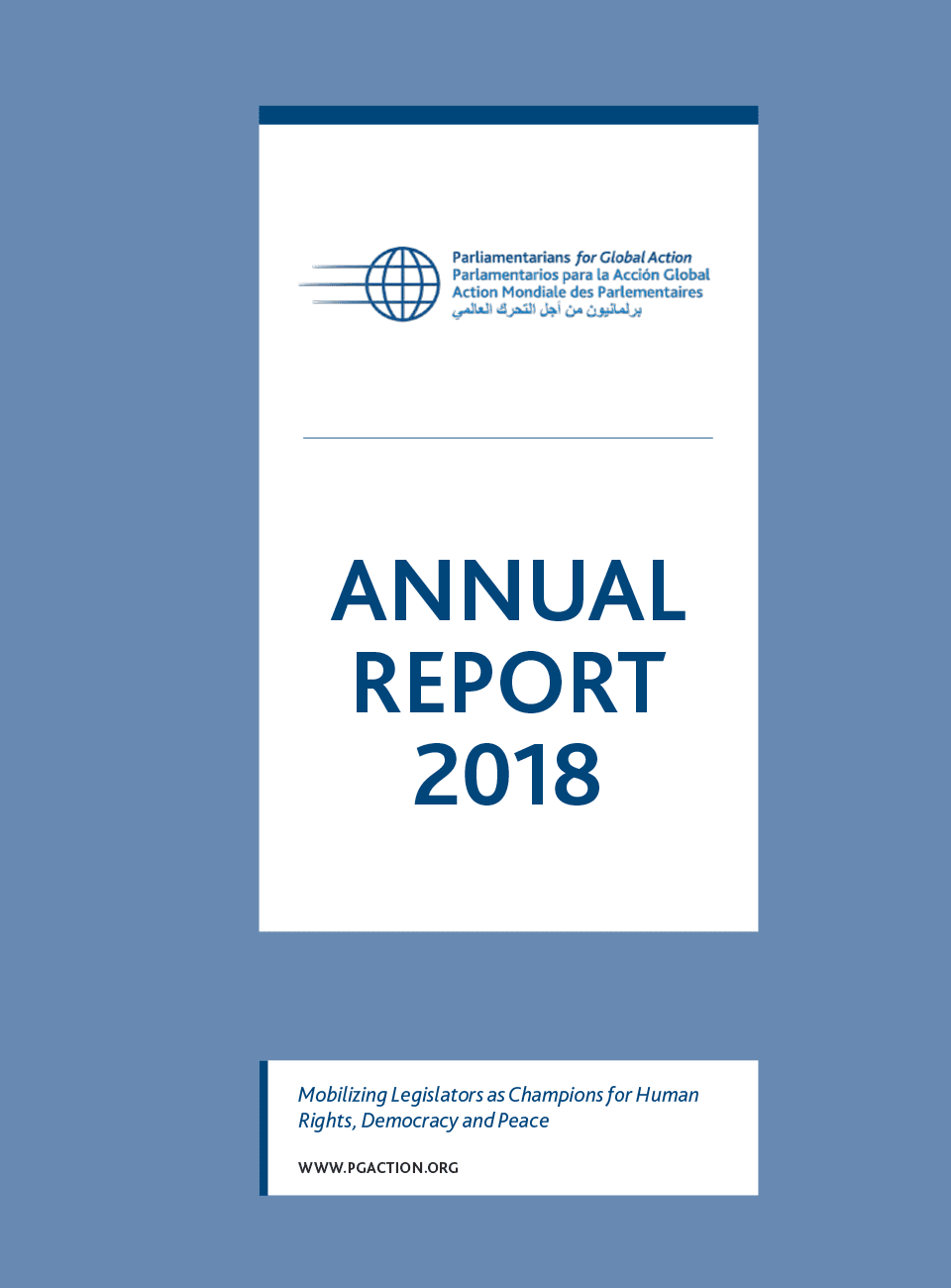
PGA is excited to begin our 2019-2021 strategic plan which builds on our 40 years of experience and incorporates results, innovations and lessons-learned, and includes the introduction of a new Campaign for Democratic Renewal and Human Rights.
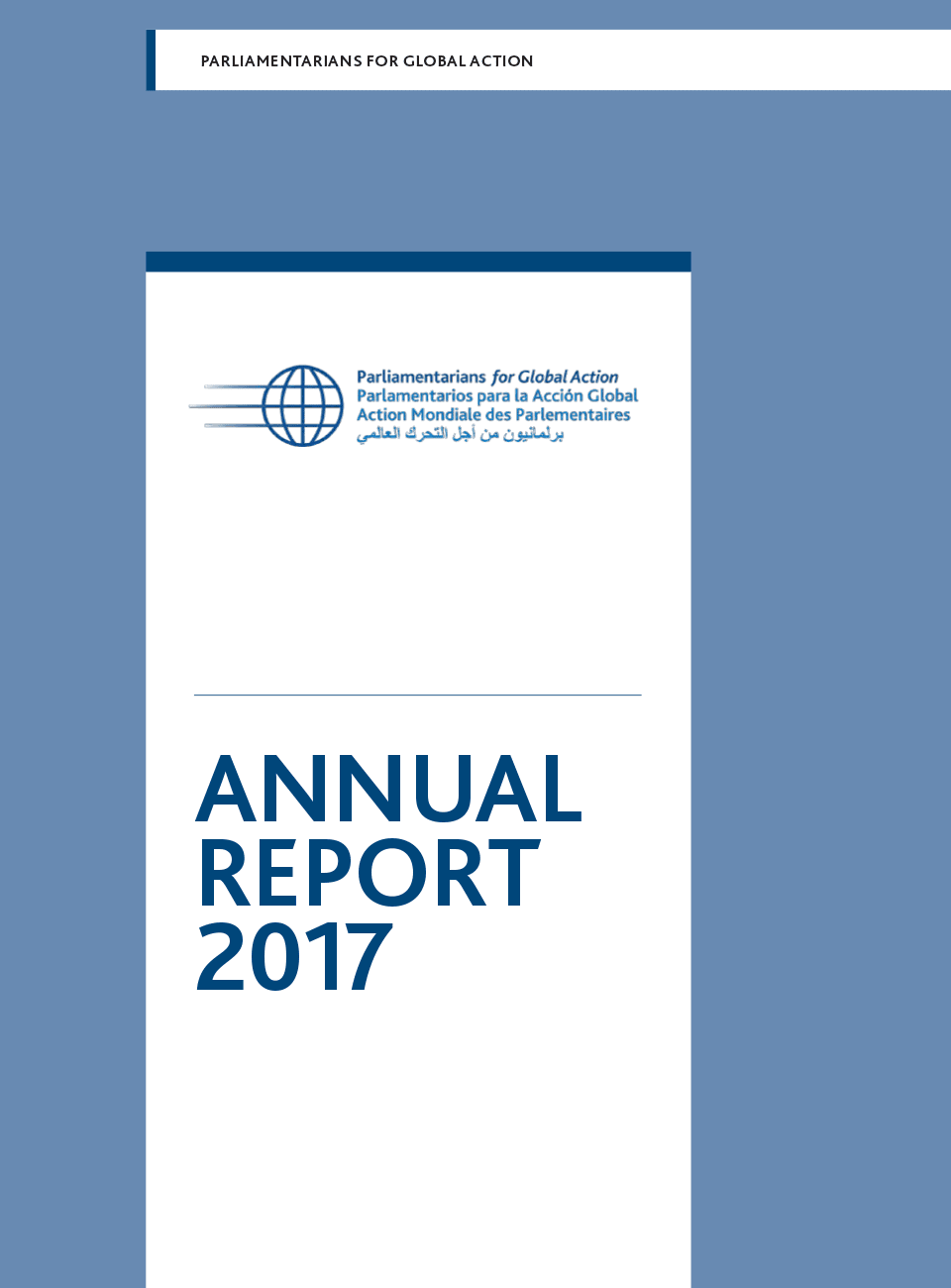
The current decade is being characterized by enormous challenges to human rights in almost all corners of the planet.
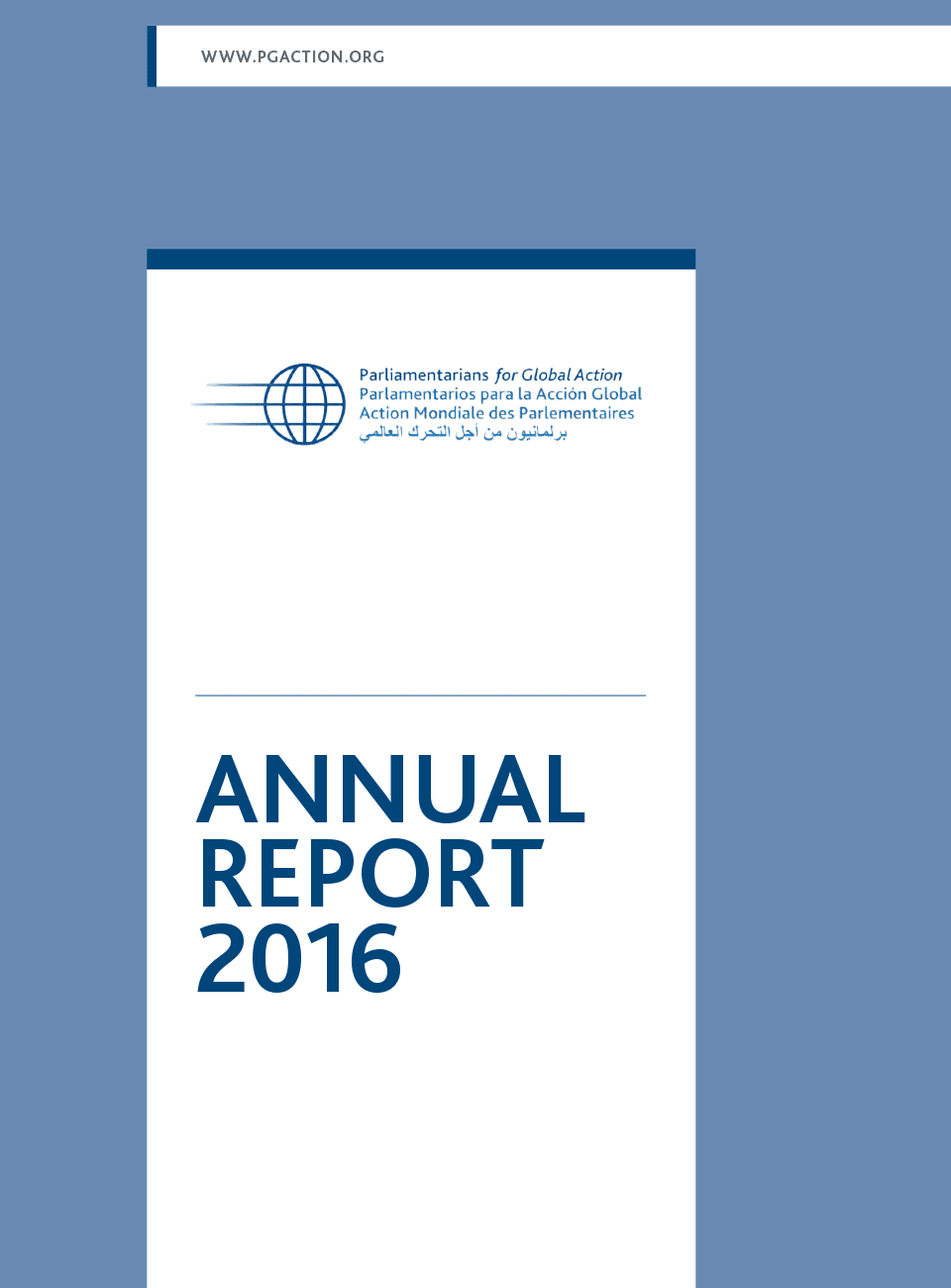
We are delighted to share with you our efforts towards a more equitable, just and peaceful world, with growth and progress in each of our three programmes
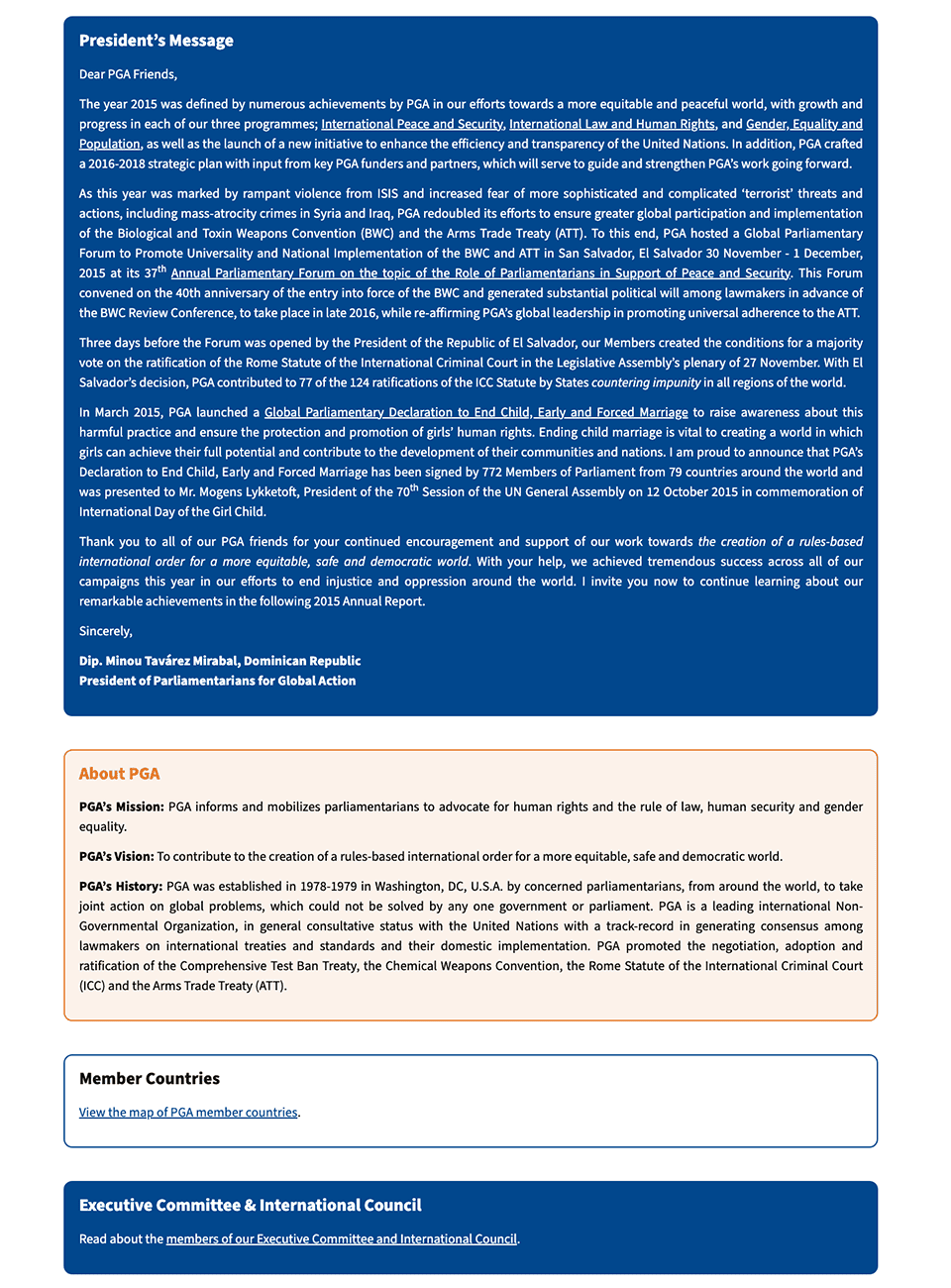
Throughout 2015, PGA has continued to develop and strengthen its preexisting campaigns, as well as introduce new initiatives that further the vision of PGA.
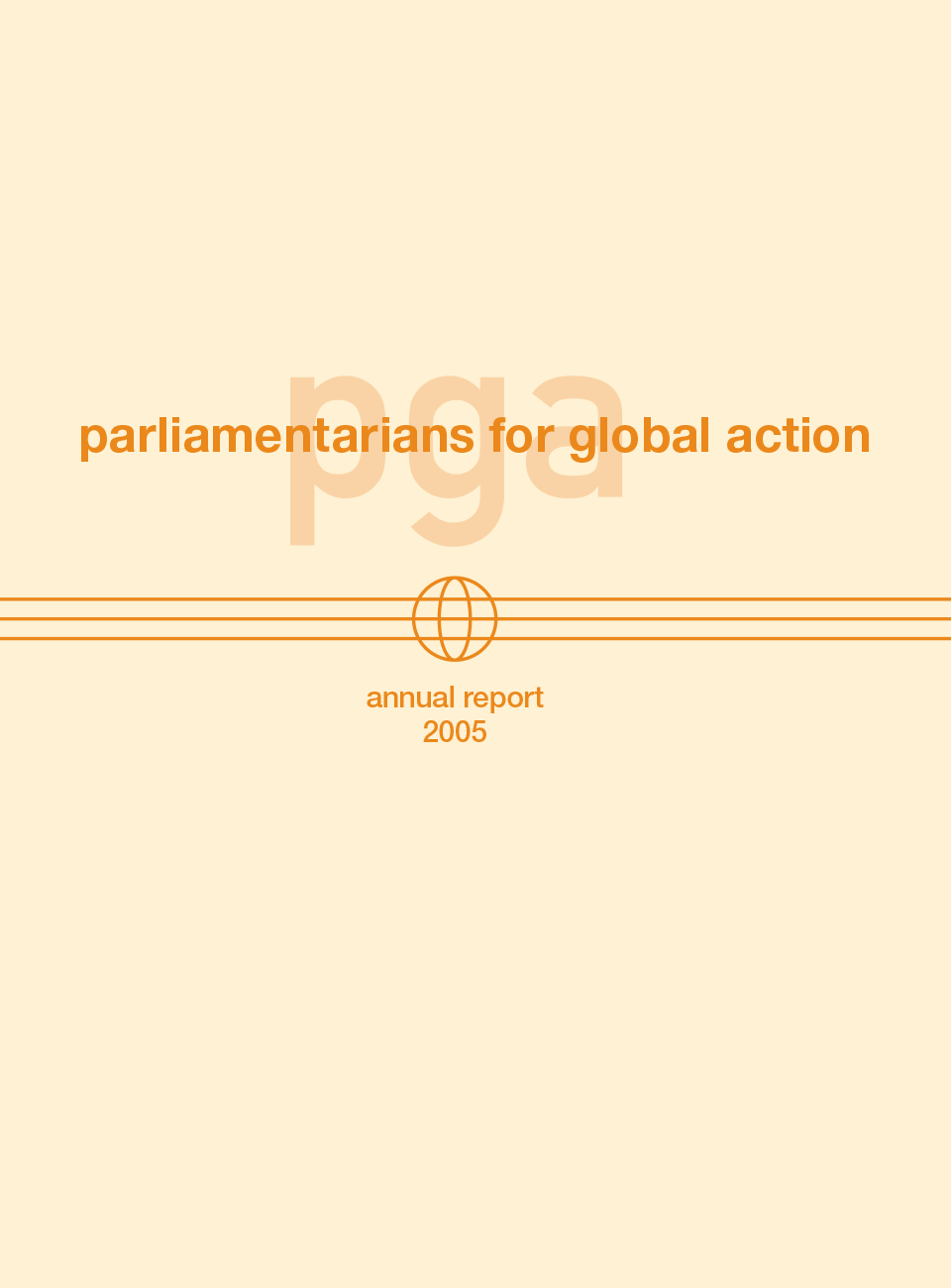
The year 2005 was strategic for PGA as we embarked on new programme initiatives in addition to continuing progress on our ongoing activities.
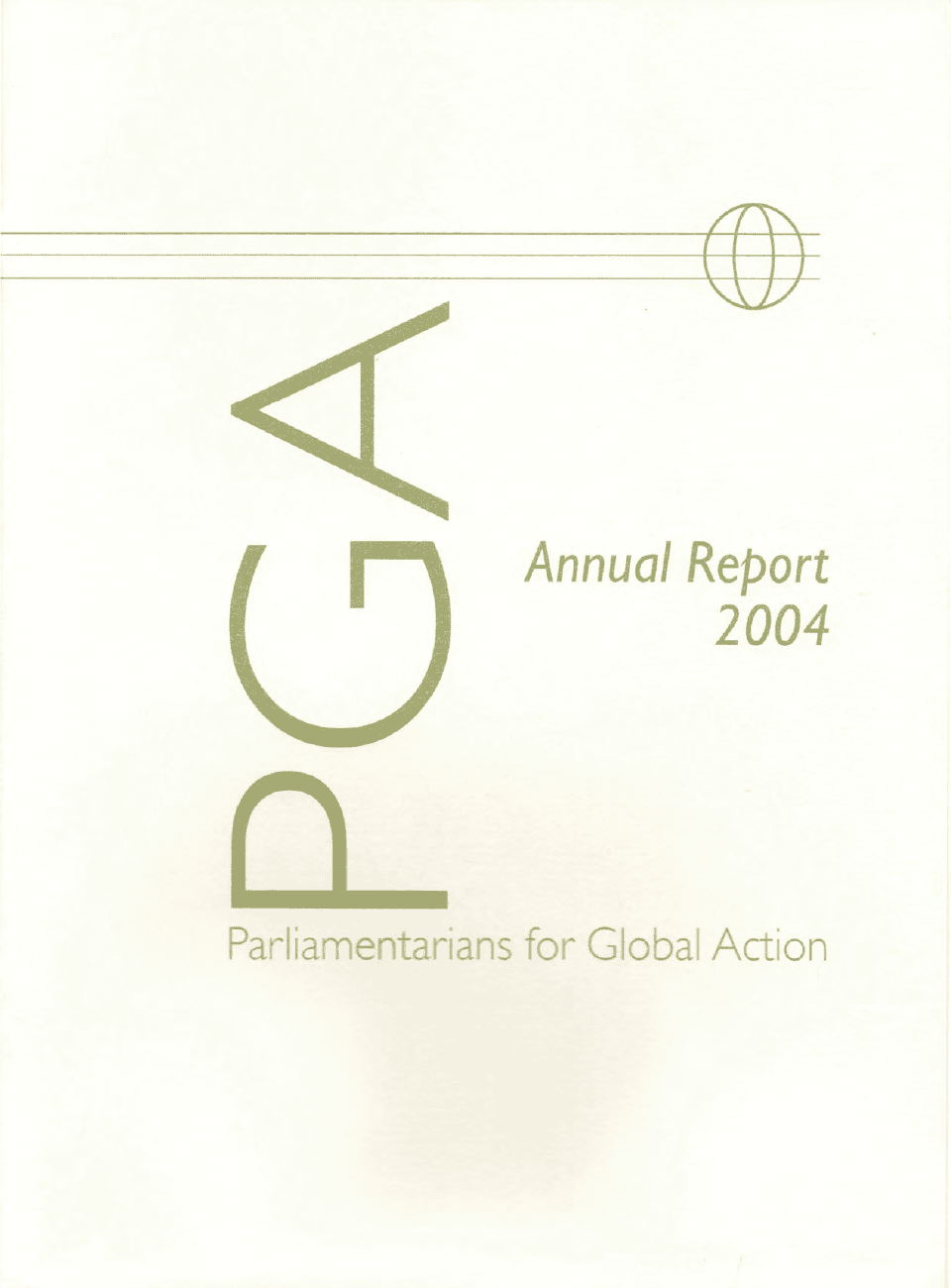
This past year marked the 20th Anniversary of the Six Nation Peace Initiative on nuclear disarmament.
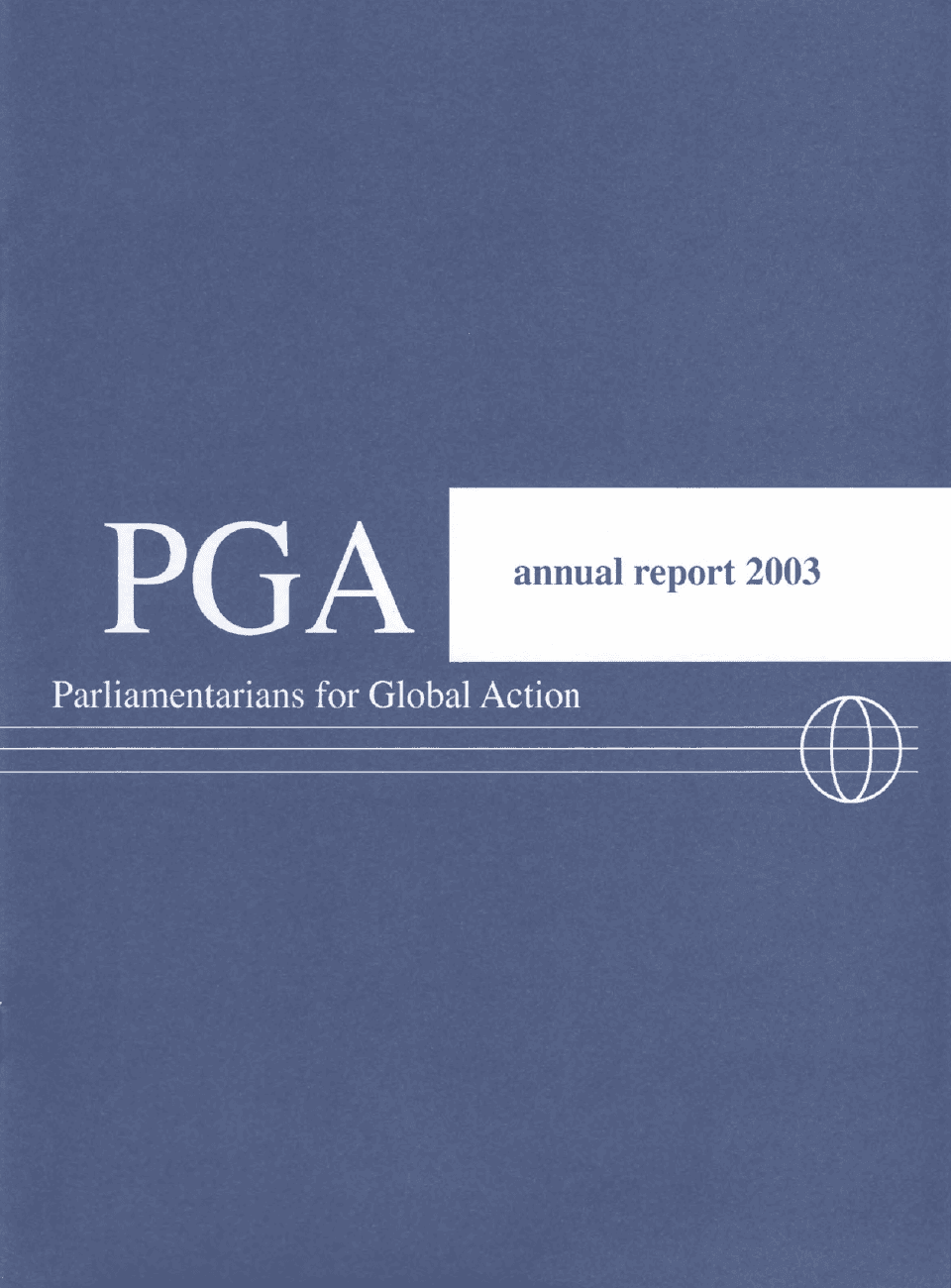
Over the past 25 years, PGA established itself as a unique organization driven by individual legislators addressing pressing global issues such as peace, democracy, international law, human rights, nuclear disarmament, sustainable development...
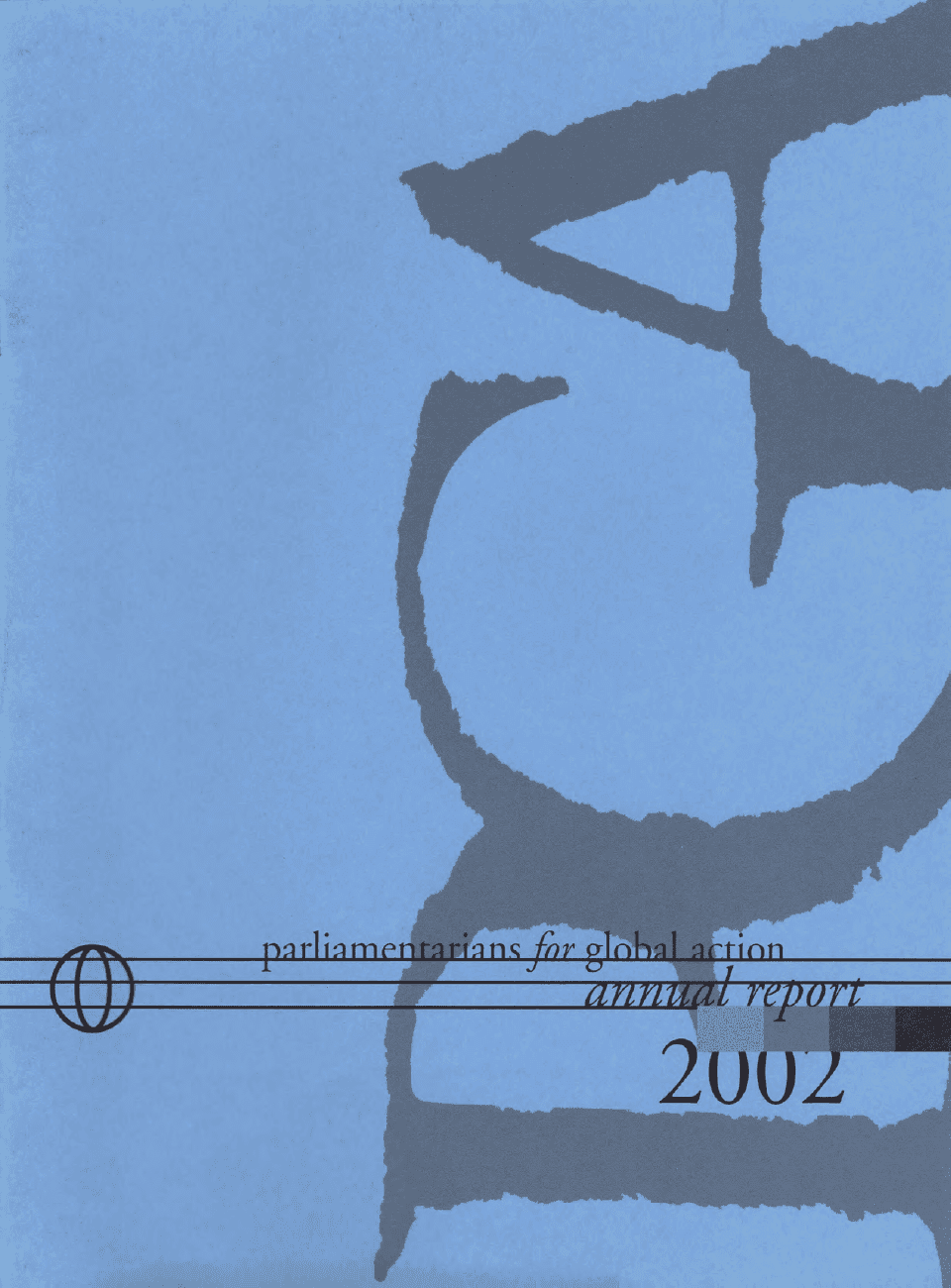
2002 has proven to be a year of great achievements for the global community, one of which was the ratification and entry into force of the Rome Statute for the International Criminal Court (ICC).
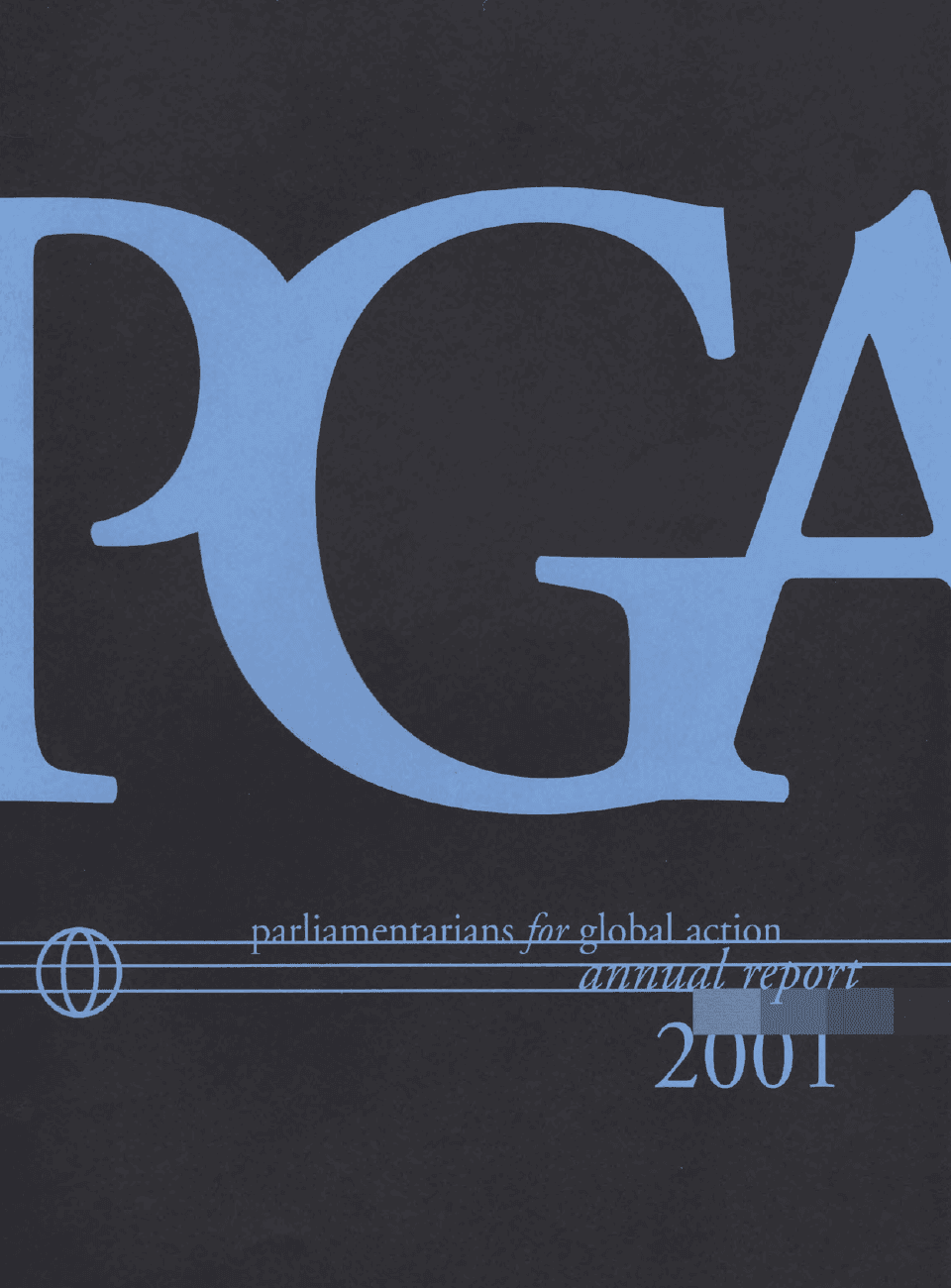
Scarred by the tragedy of September 11th, the year 2001 has become a turning point in the world history.
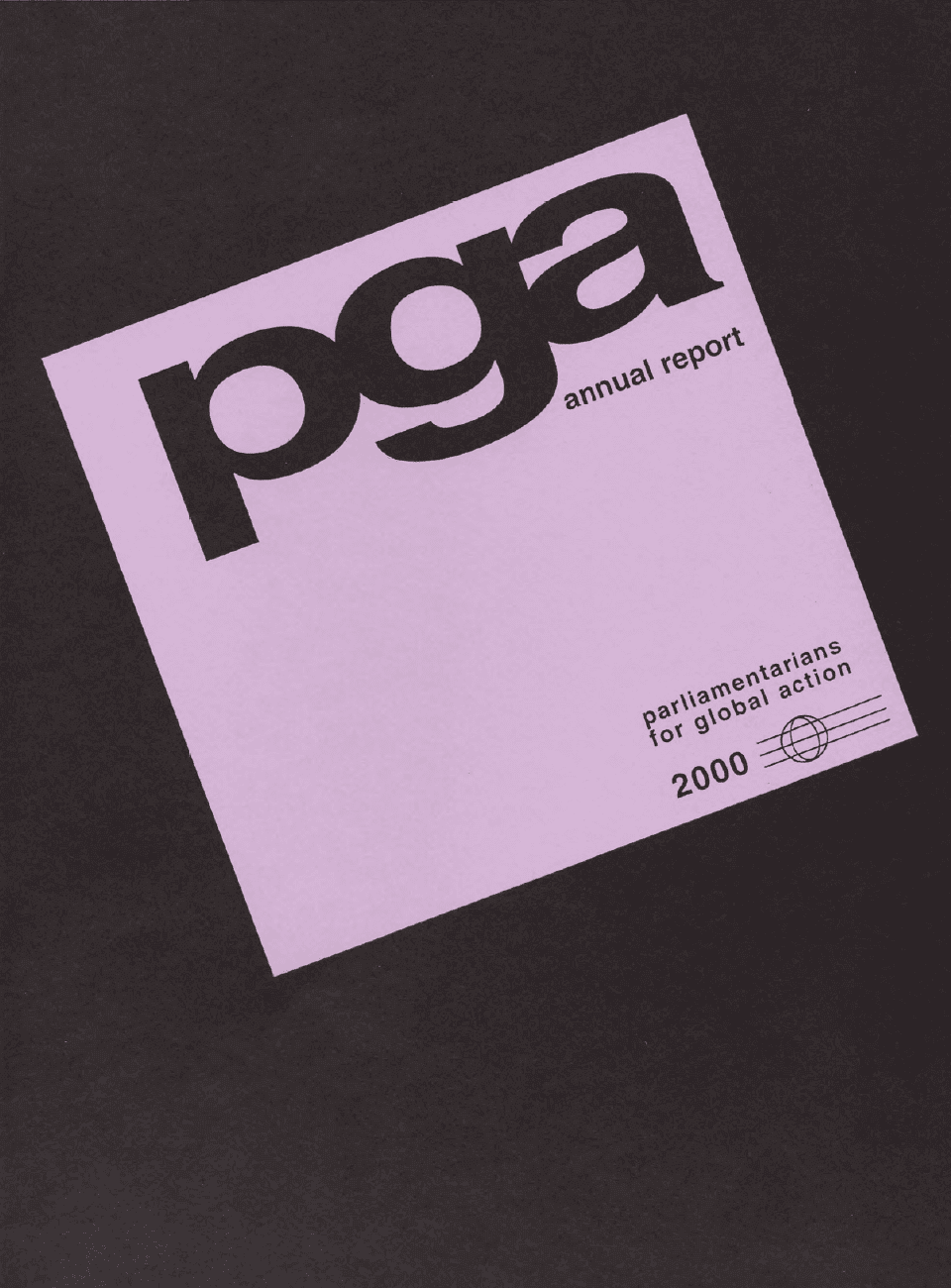
The year 2000 has been quite an exciting time for PGA, which started the new millennium out on the right foot!
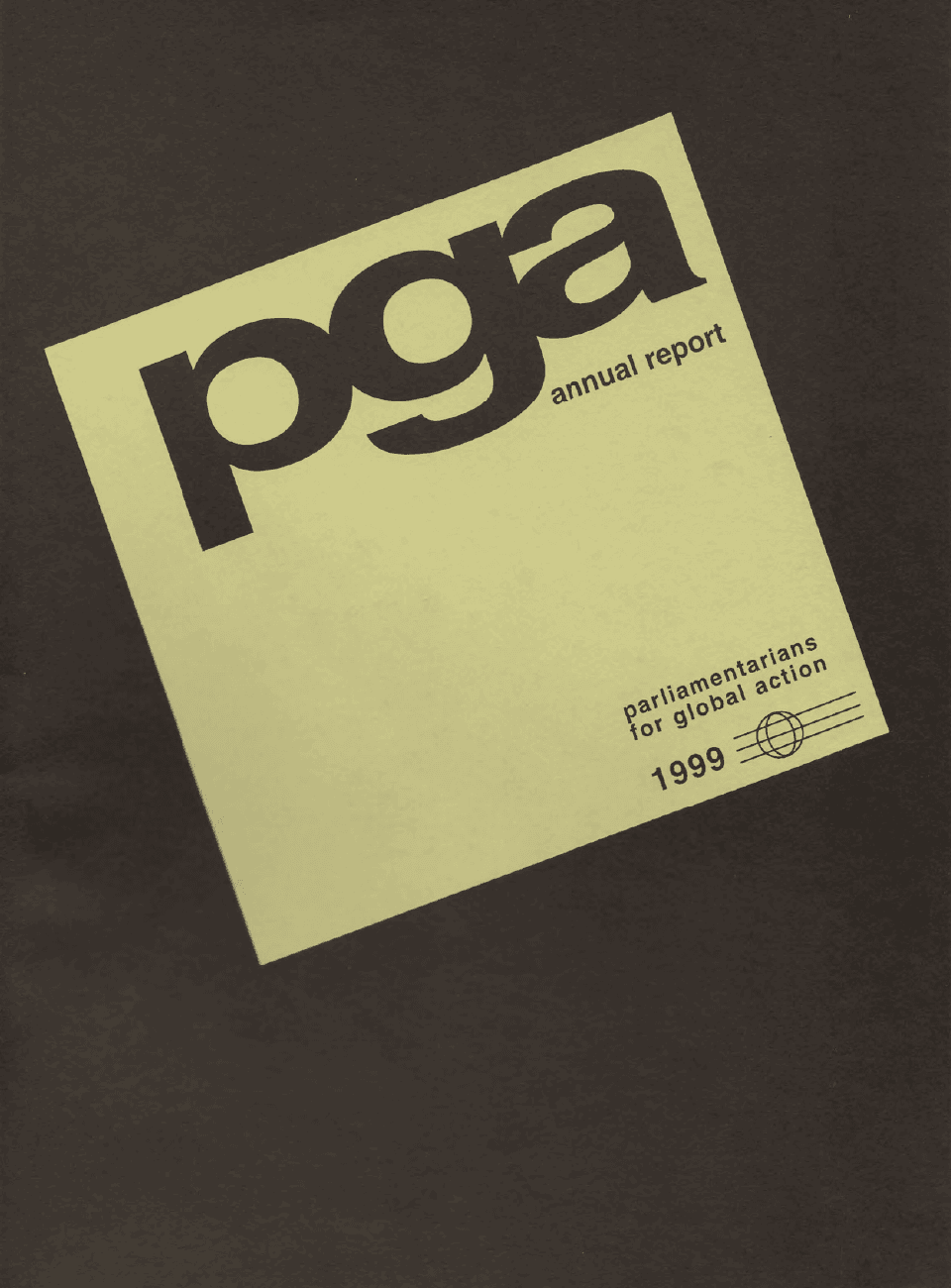
This year PGA held its 21st Annual Forum entitled 'Eradicating Global Poverty' on September 29-30, which struggled with the heartbreaking and unnecessary issue of poverty.
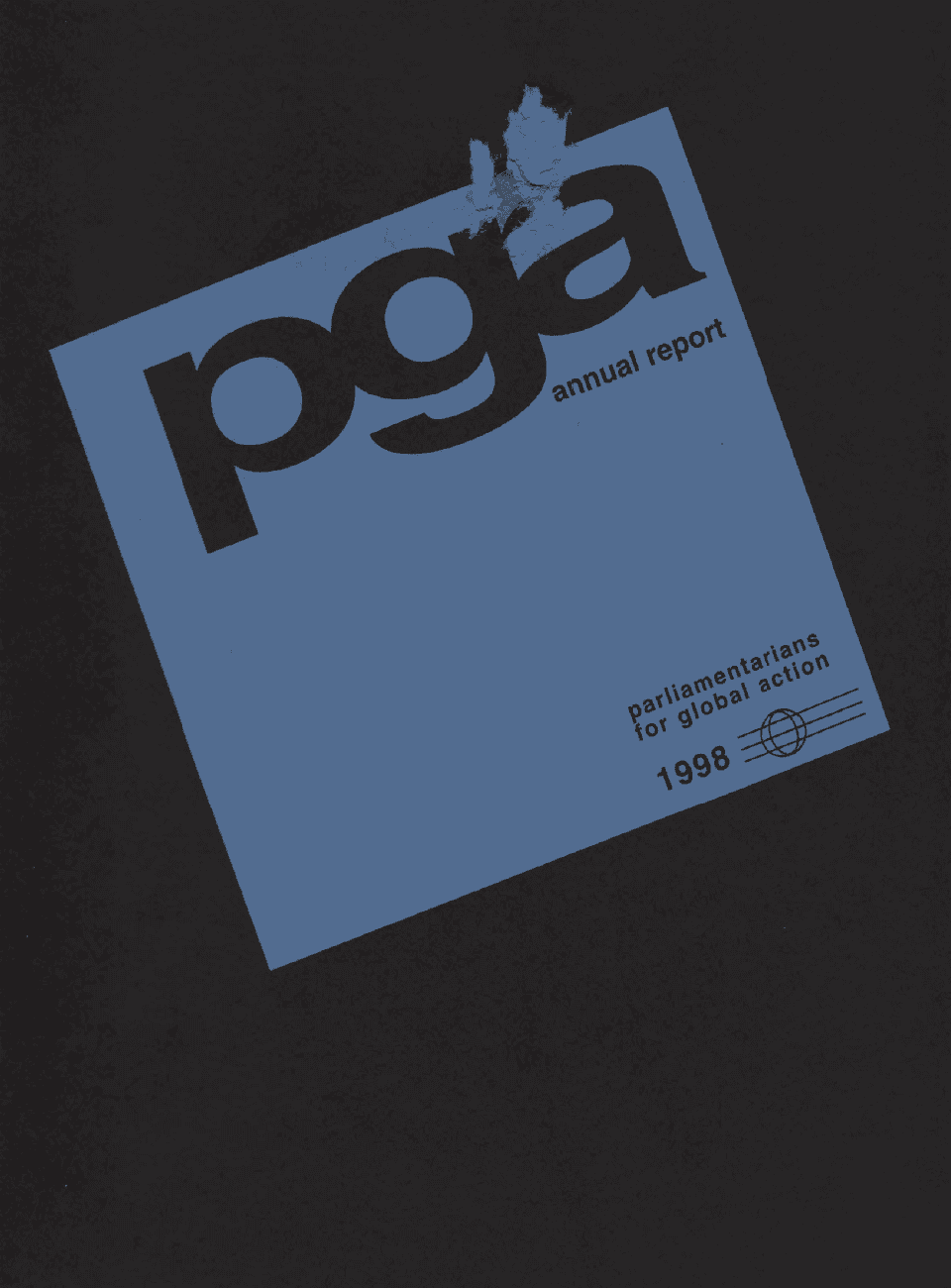
An exciting programme PGA has been involved with throughout its second decade has been the movement to create an International Criminal Court (ICC).
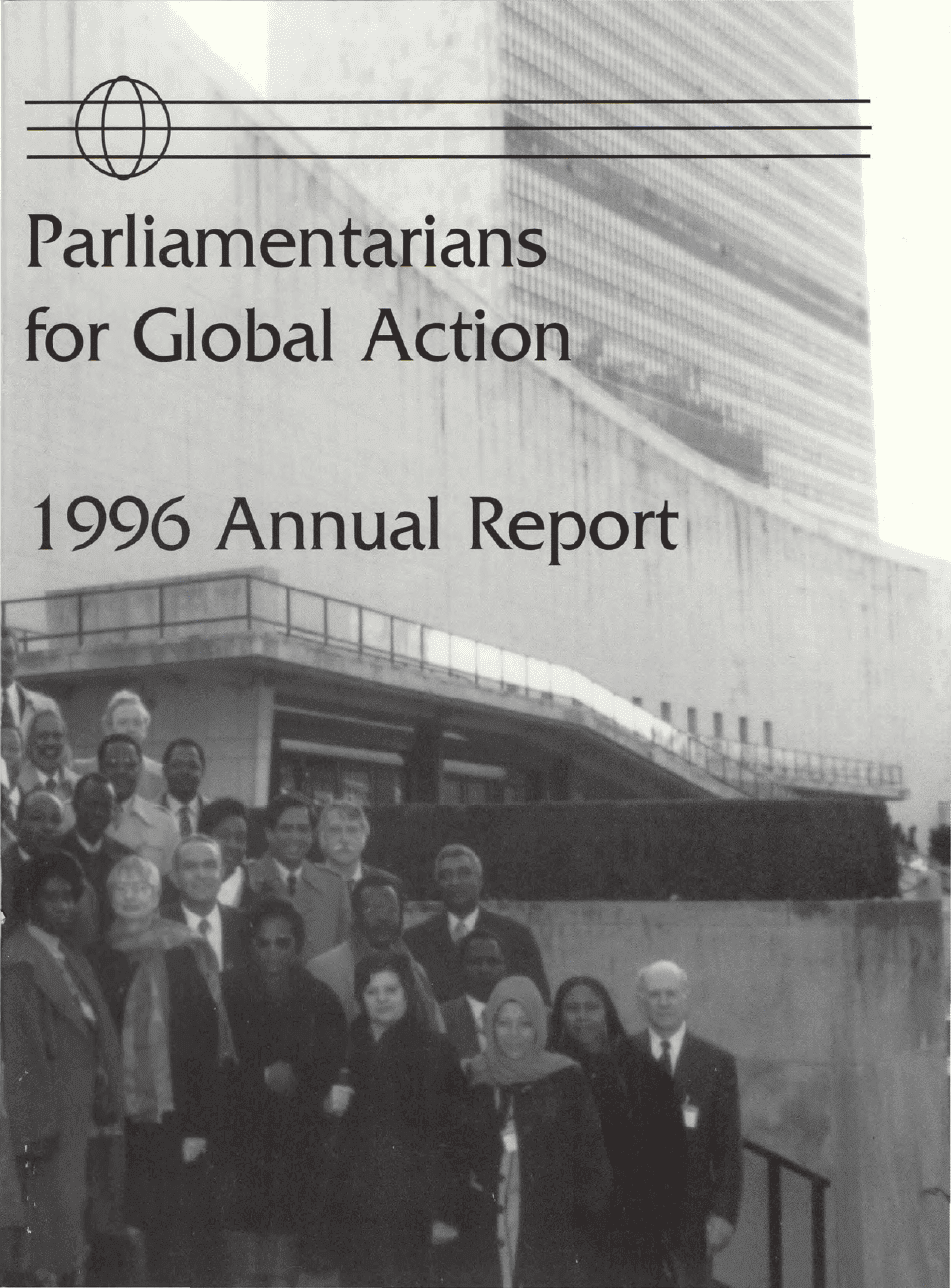
As we near the dawn of the 21st century, political and economic decision-making has become more complex and more sophisticated than ever before in history.
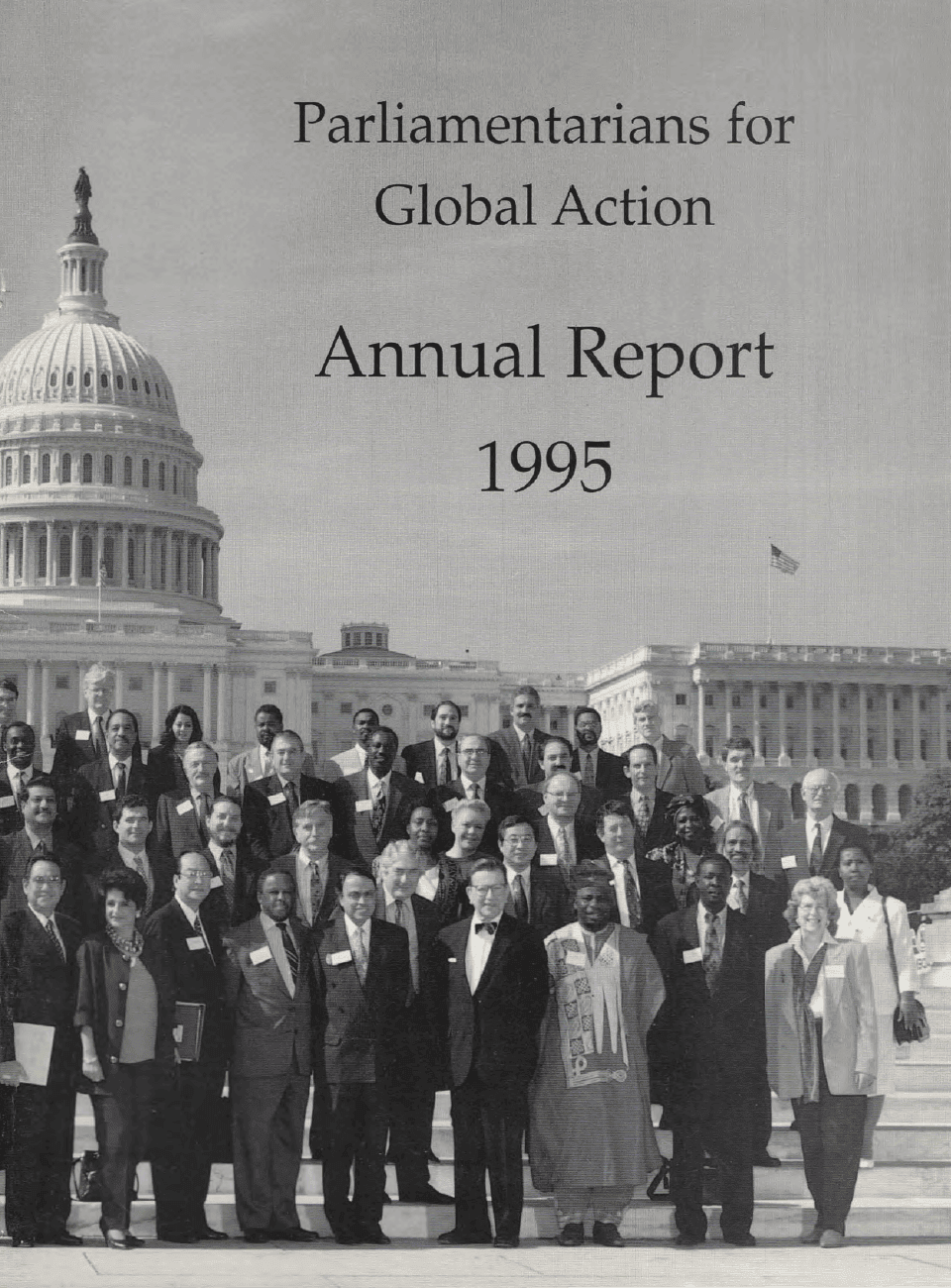
1995 provided a host of round-number anniversaries. Foremost was the 50th anniversary of the United Nations.
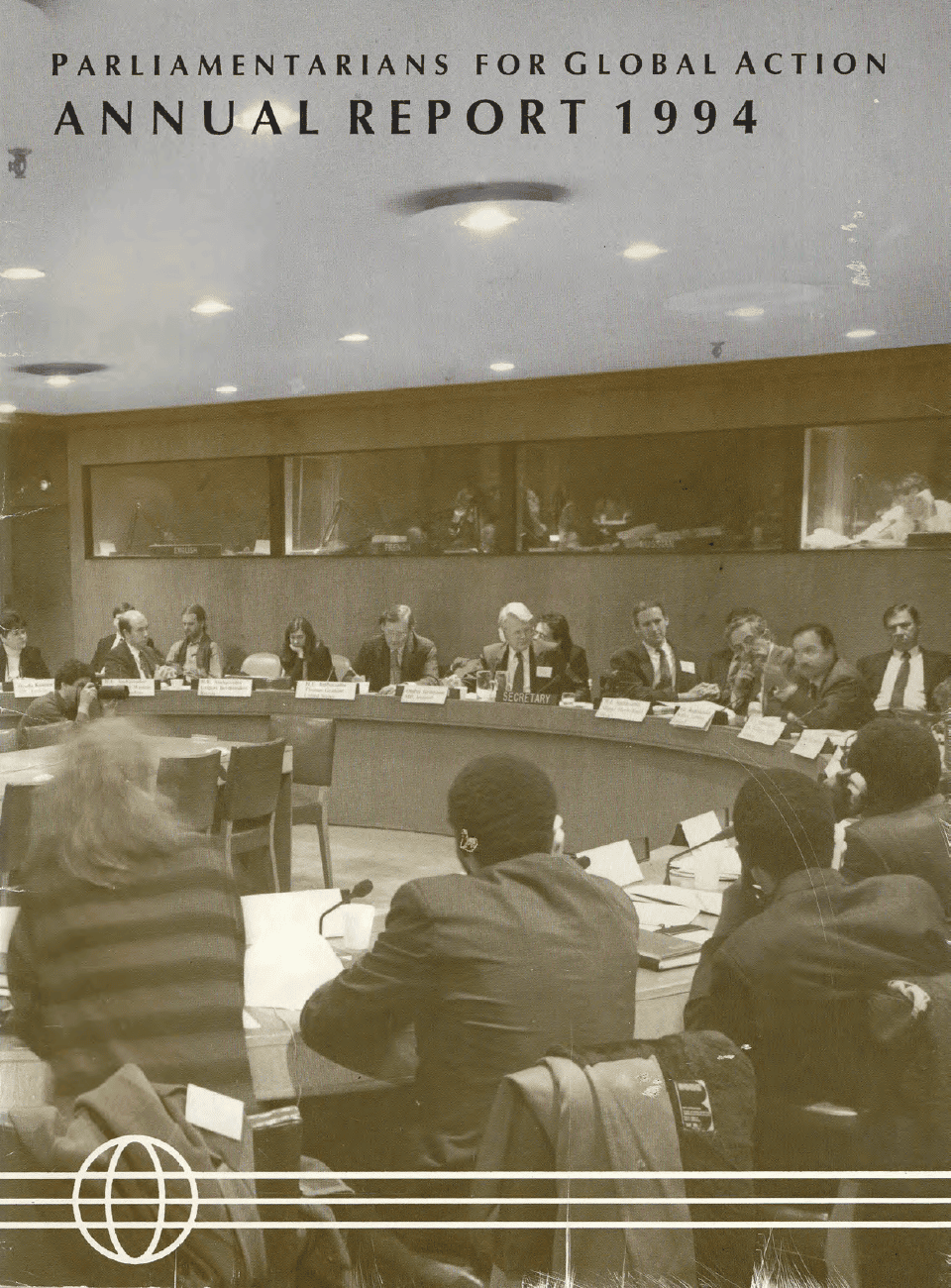
1994 was a sobering year - as much for PGA as for the rest of the world. Visions of a new world order had to make way for the stubborn, too often brutal, facts of national politics and individual life.
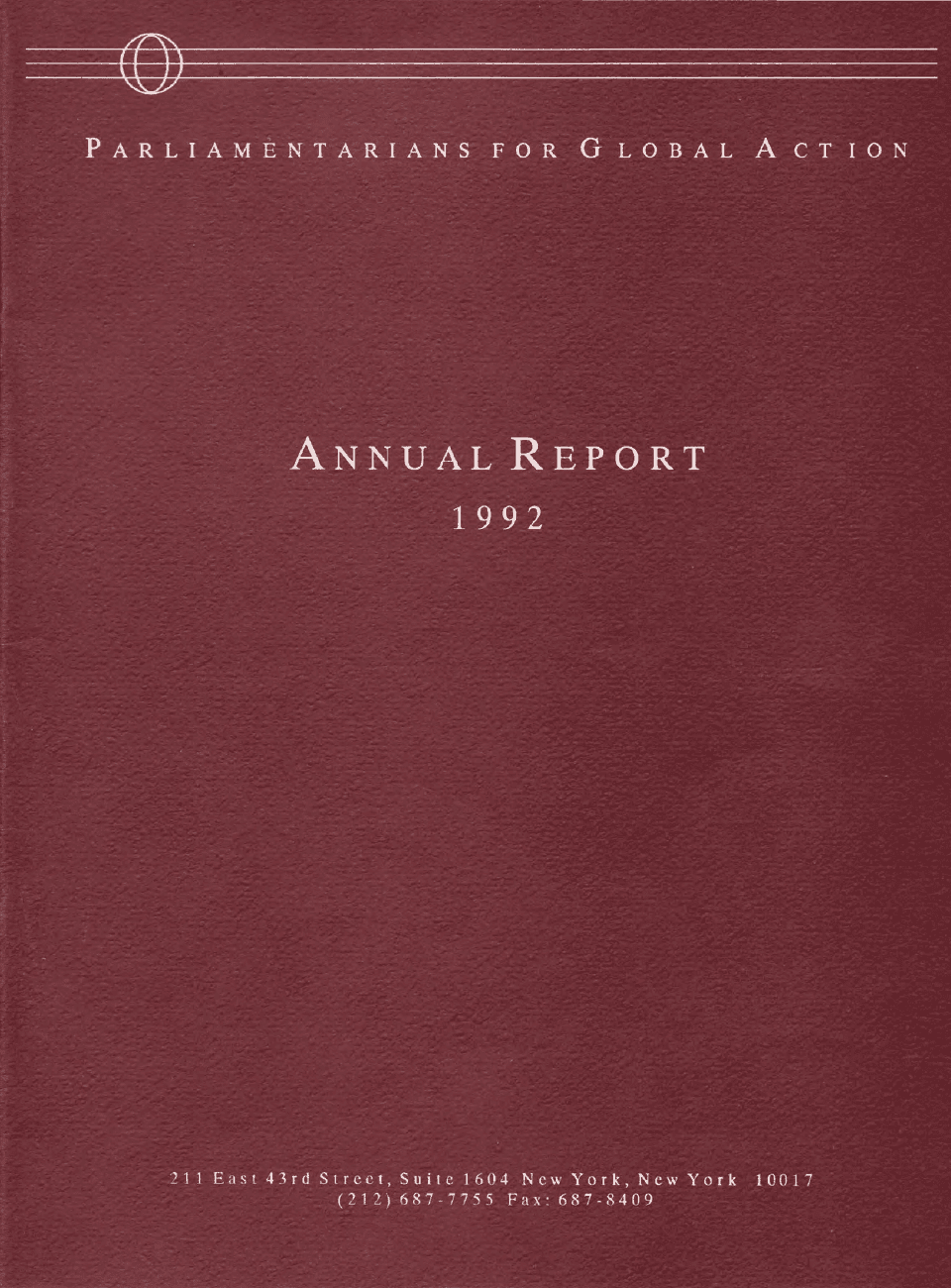
1992 proved to be another year of challenge, uncertainty and change in the political evolution of the world community.
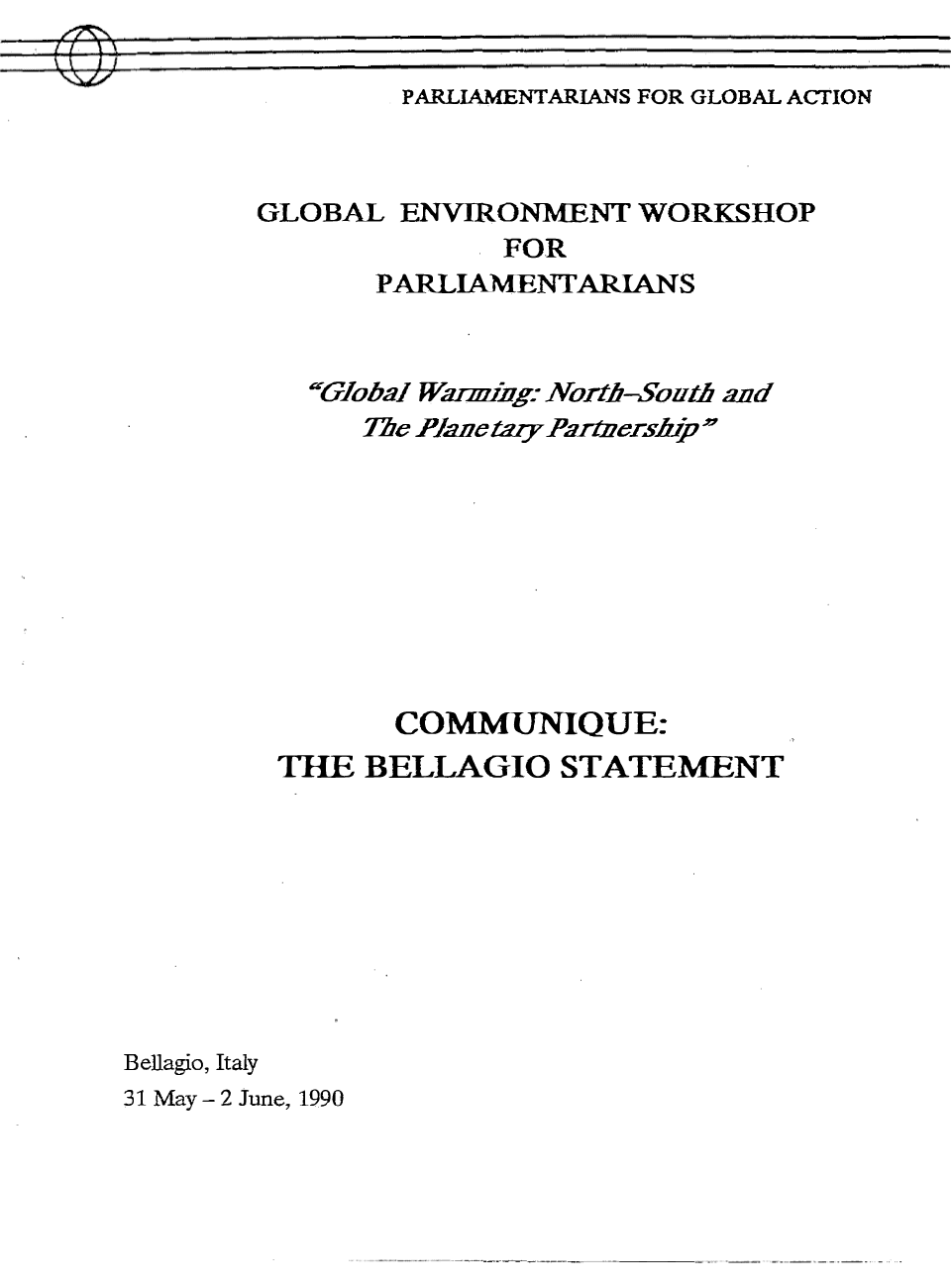
From 31 May to 2 June 1990, members of Parliamentarians for Global Action met in Bellagio, Italy for a workshop entitled Global Warming: North-South and the Planetary Partnership.
